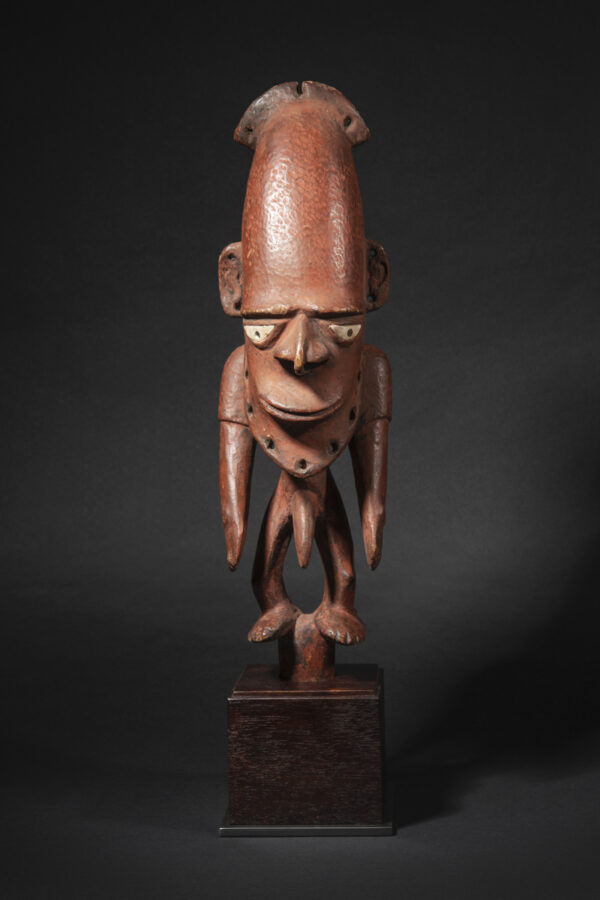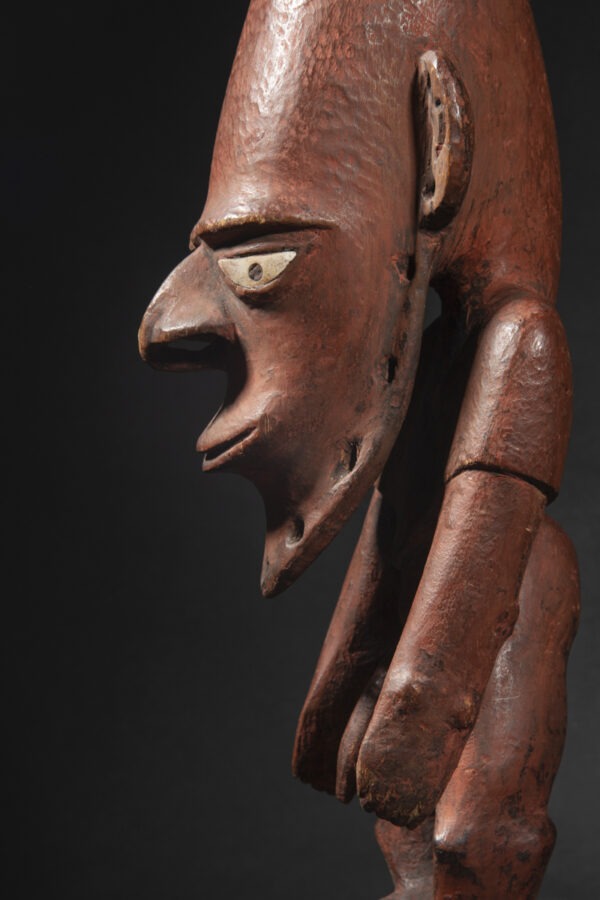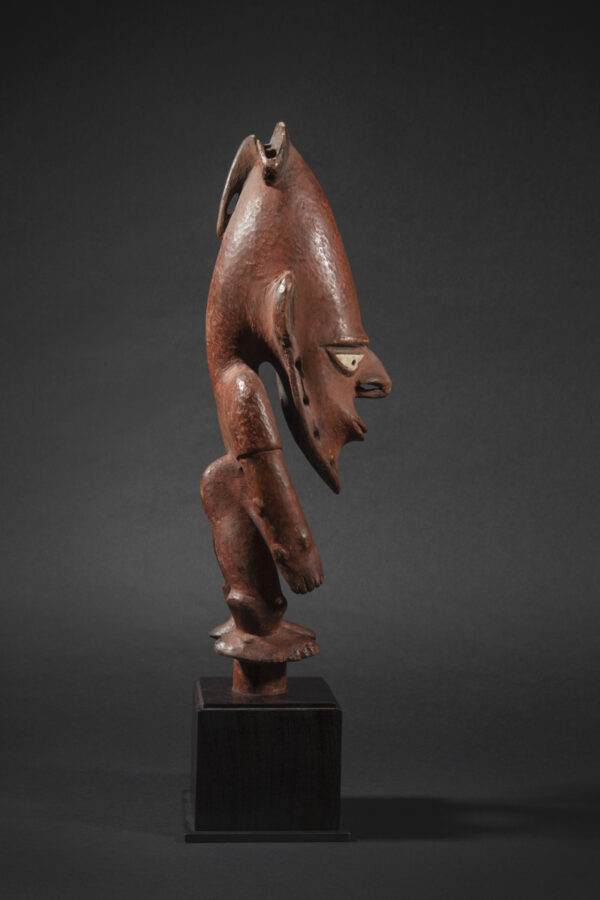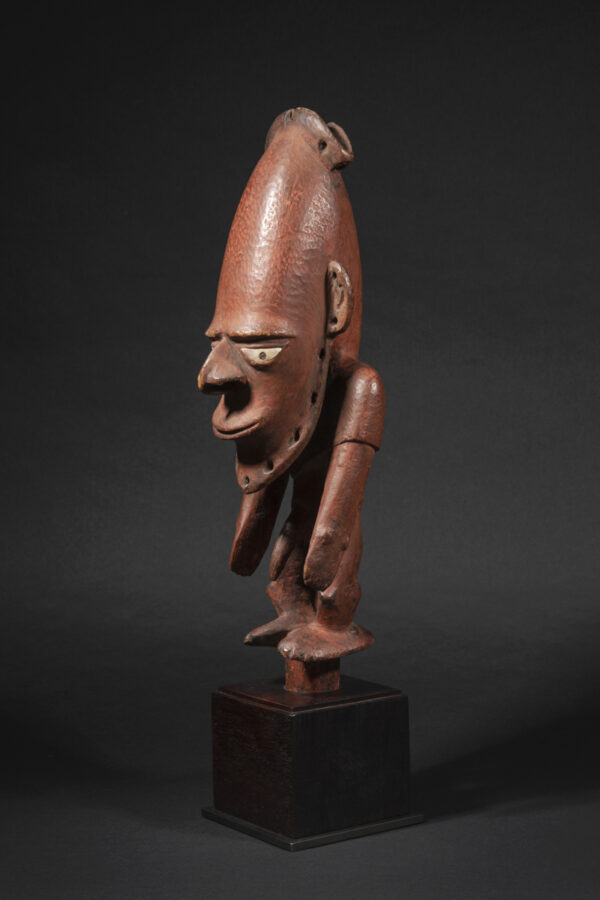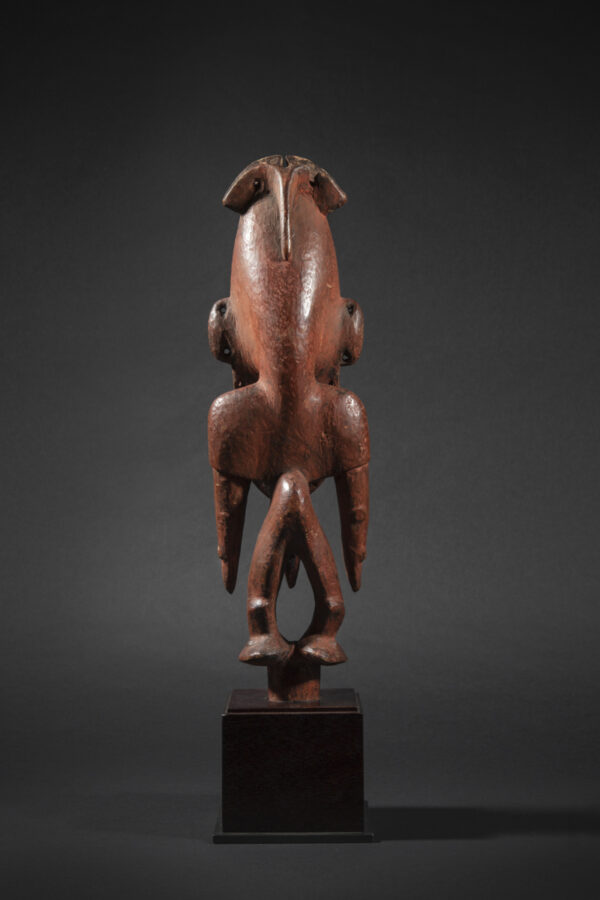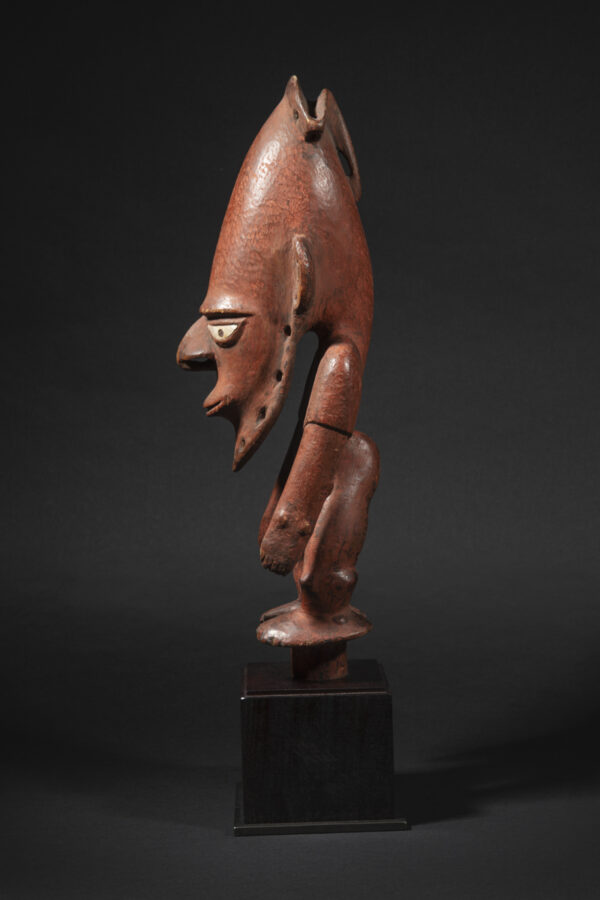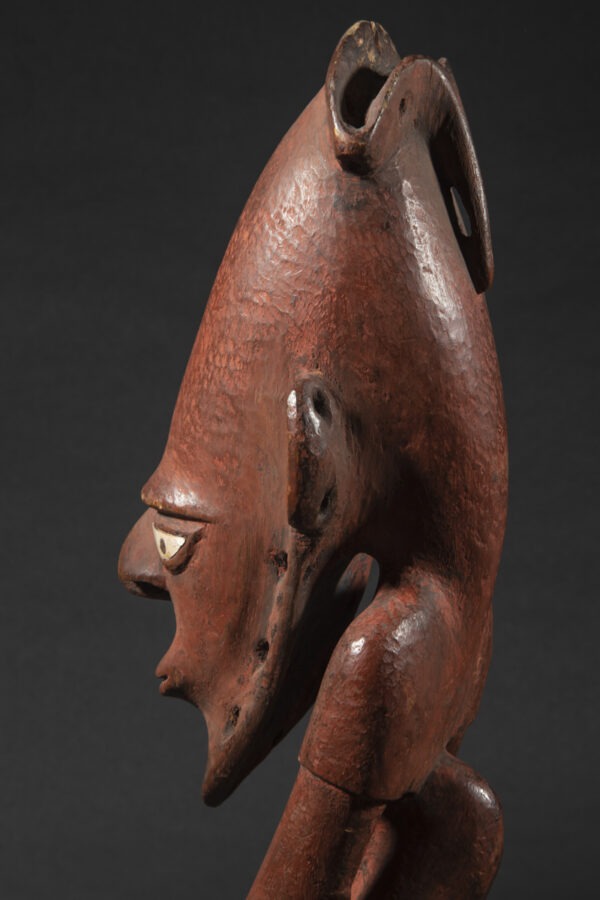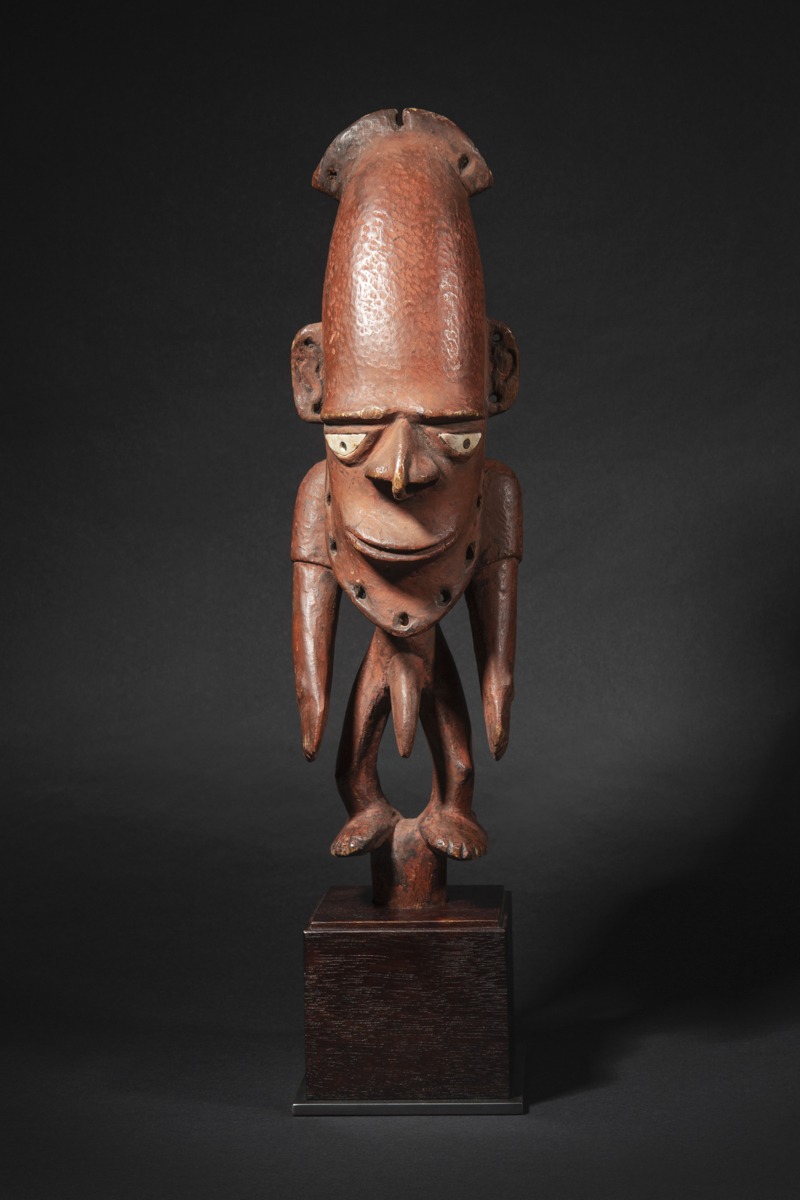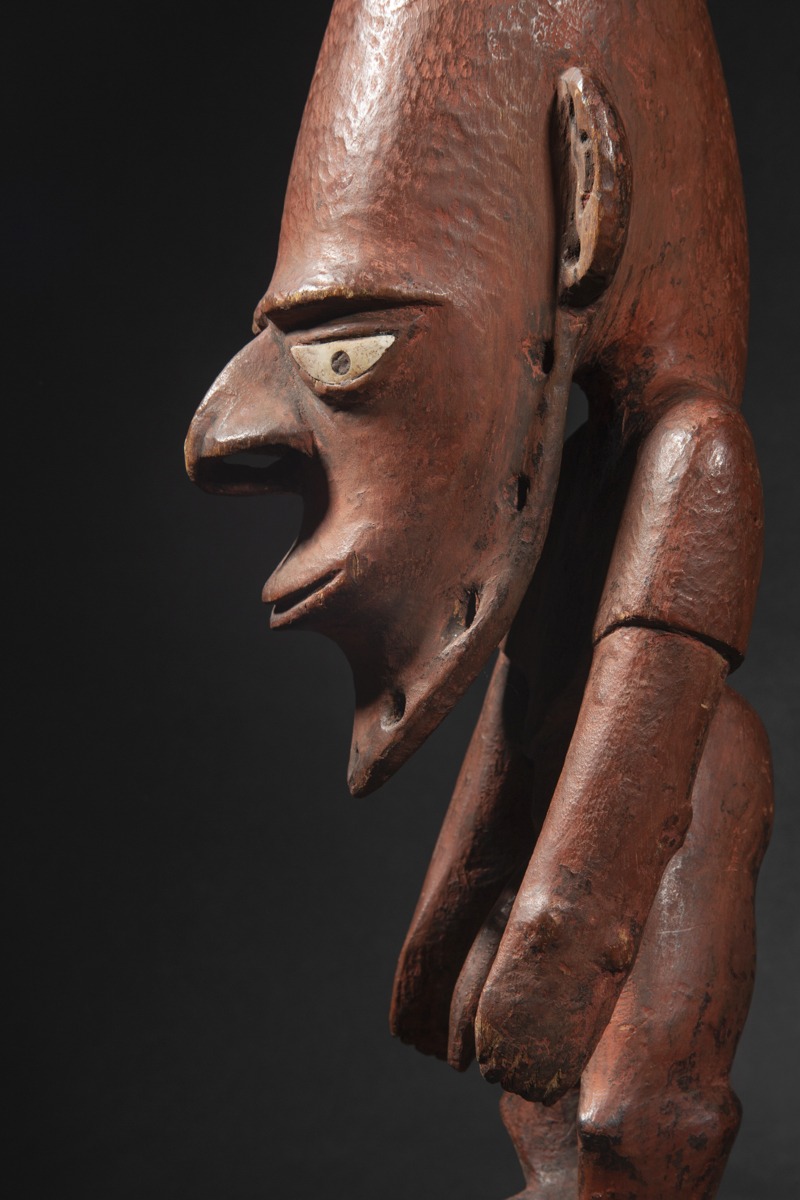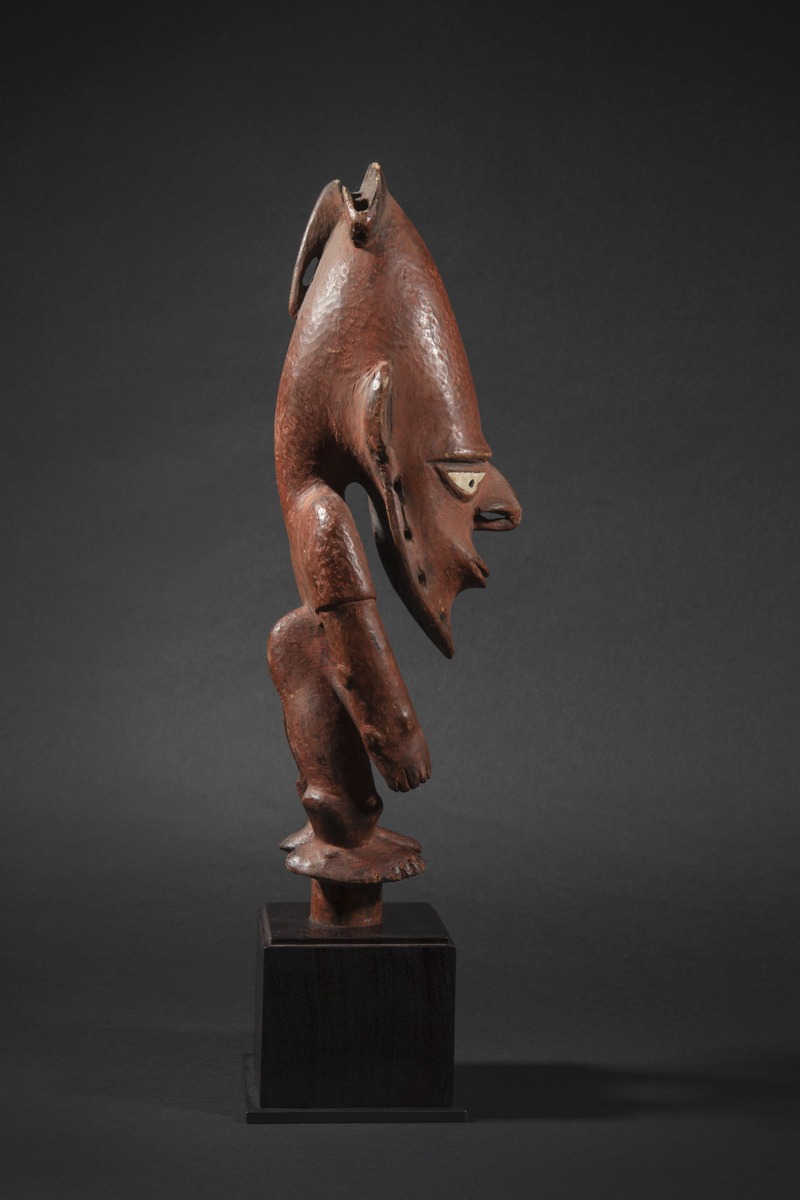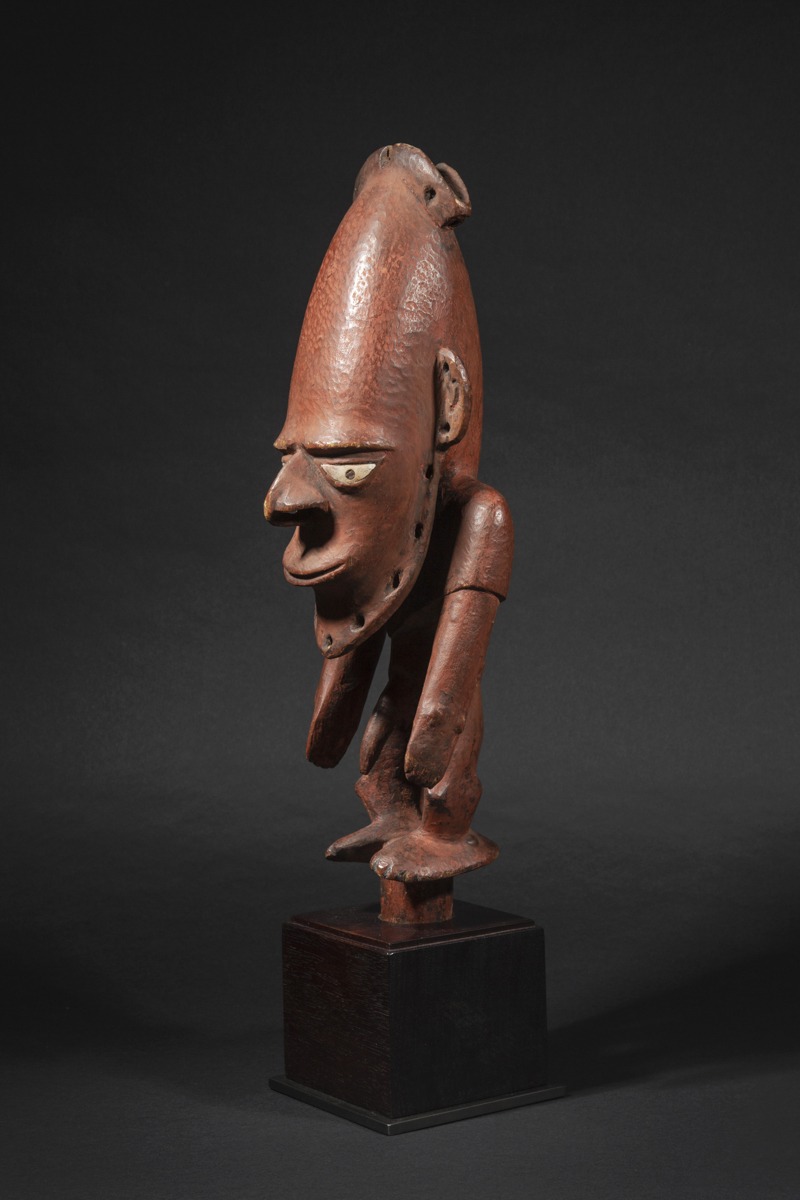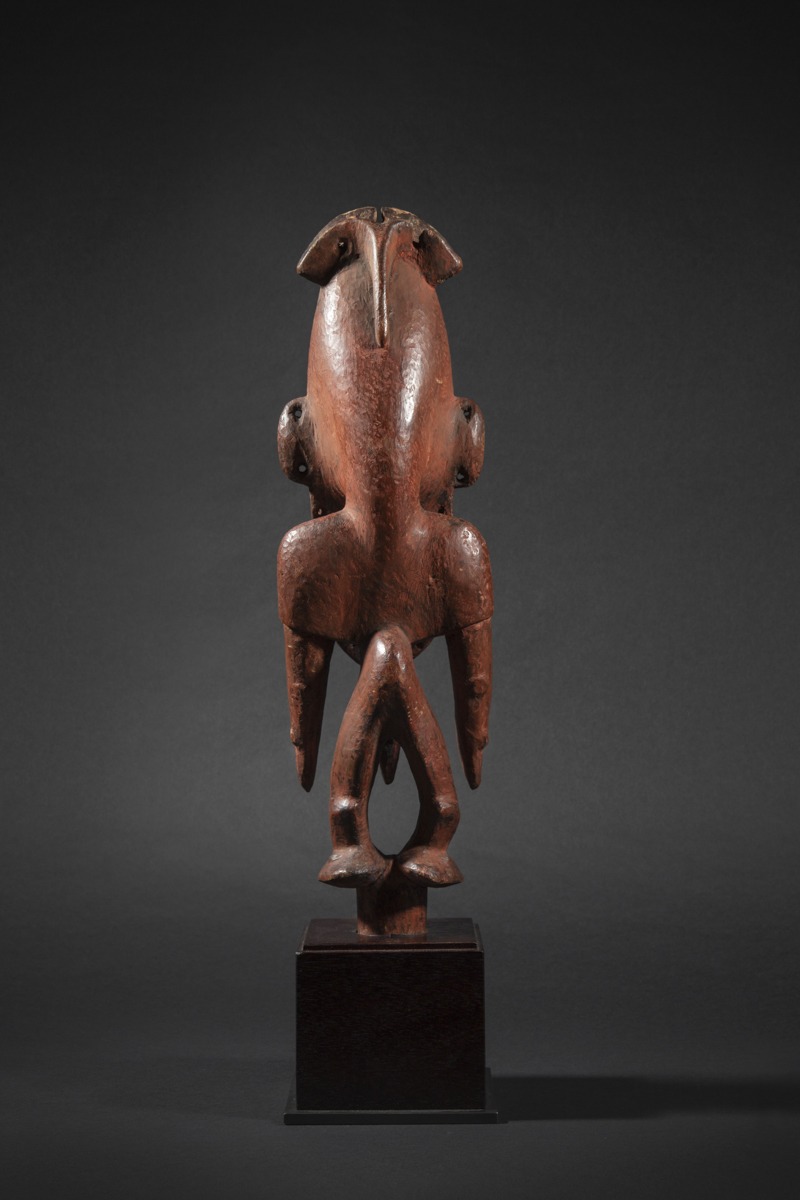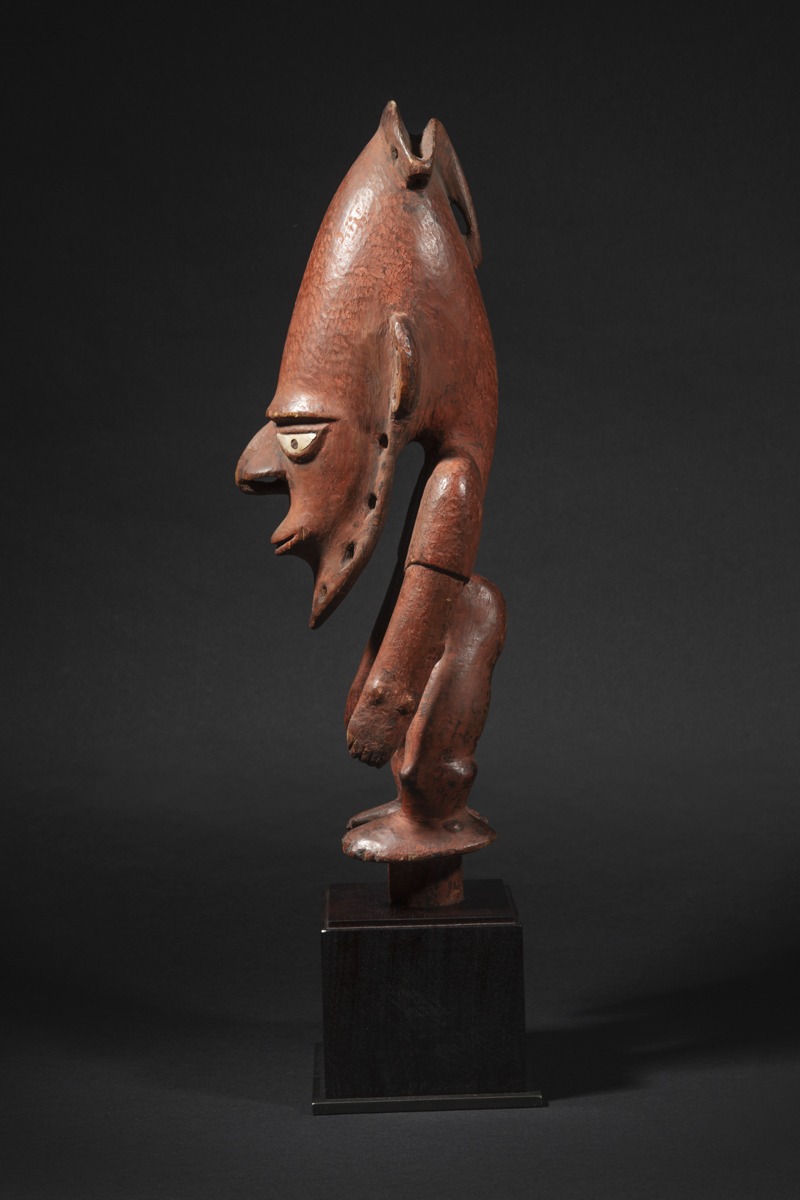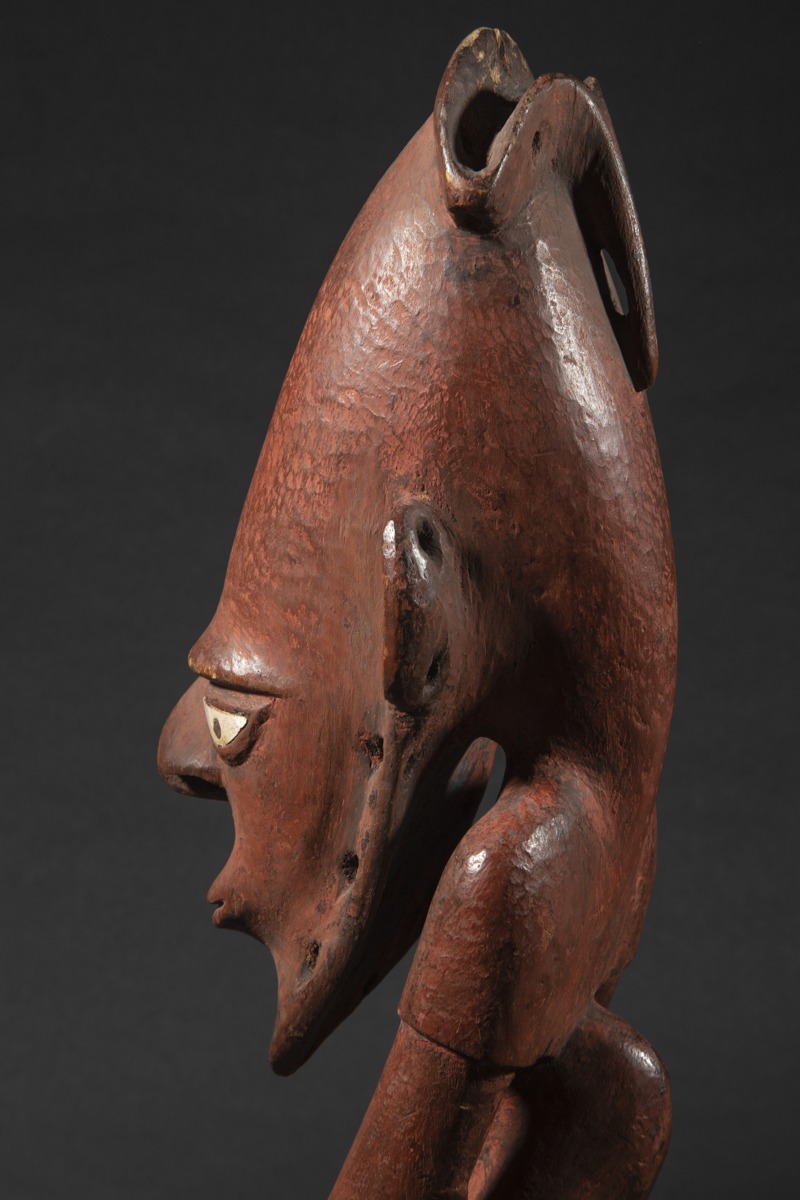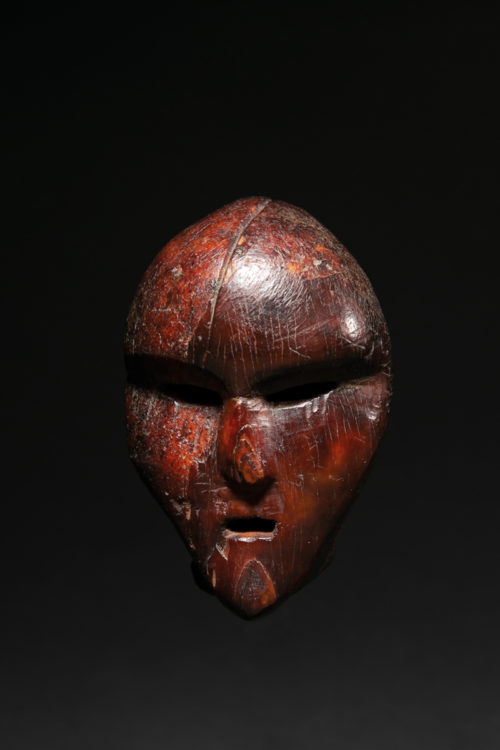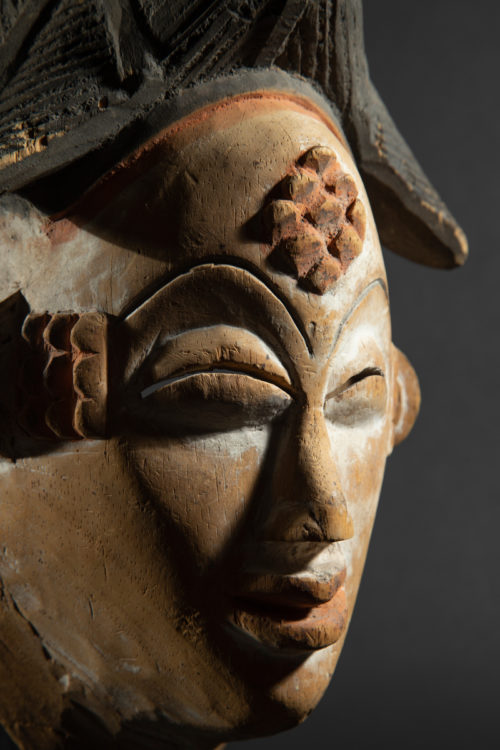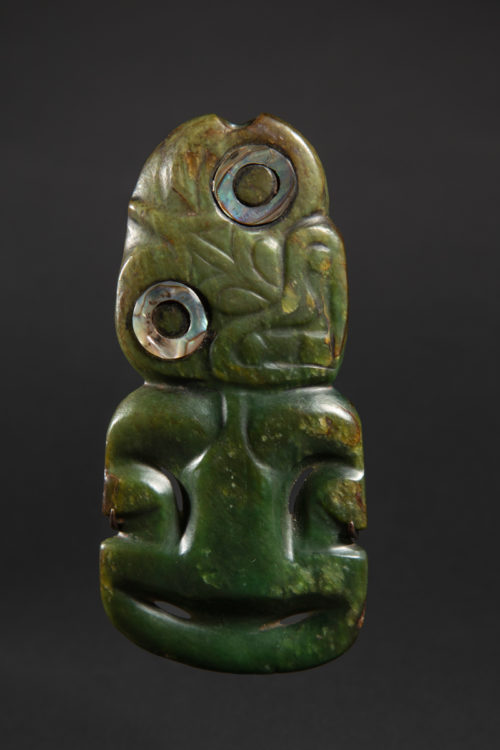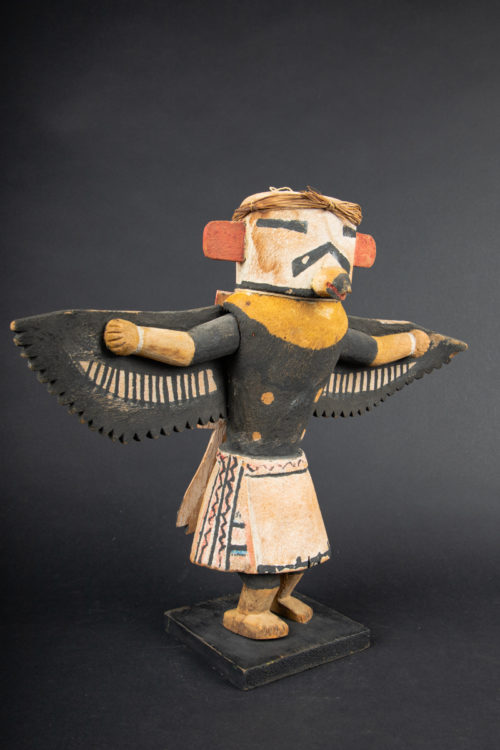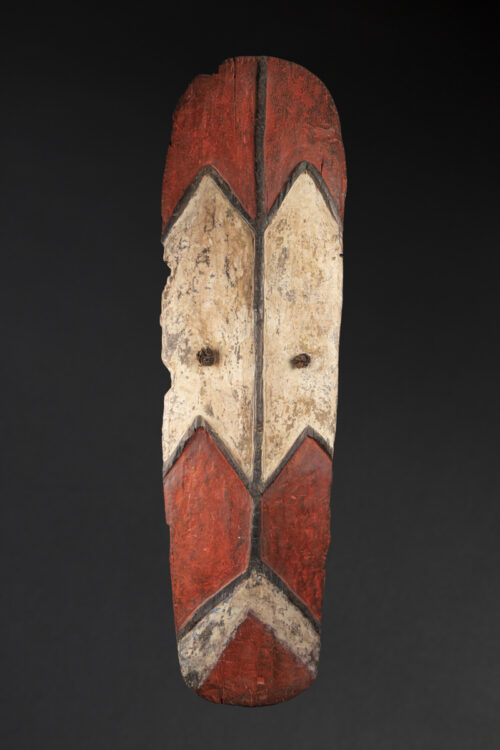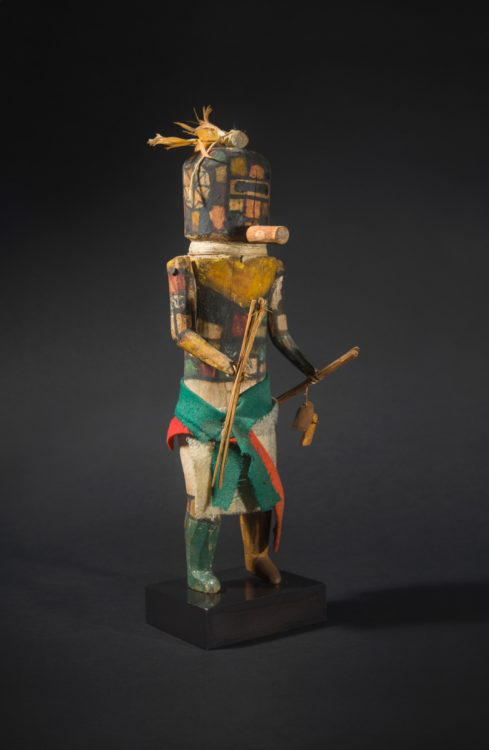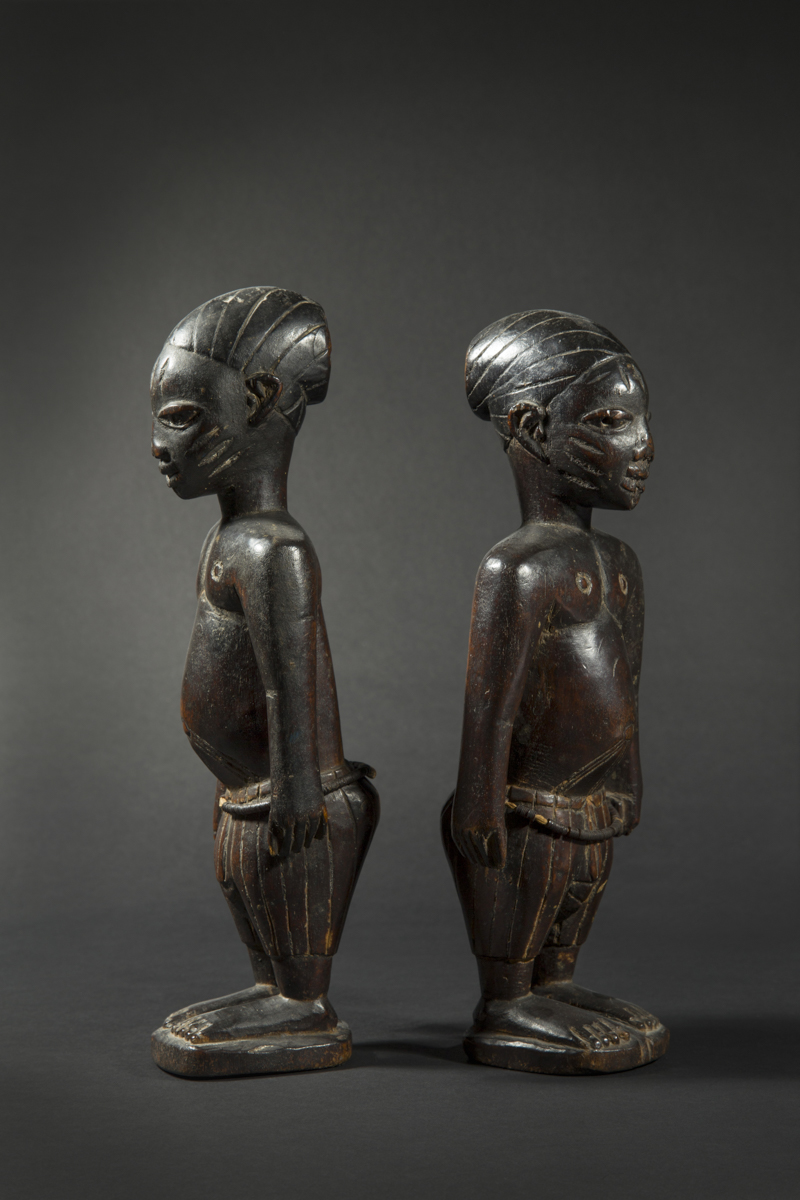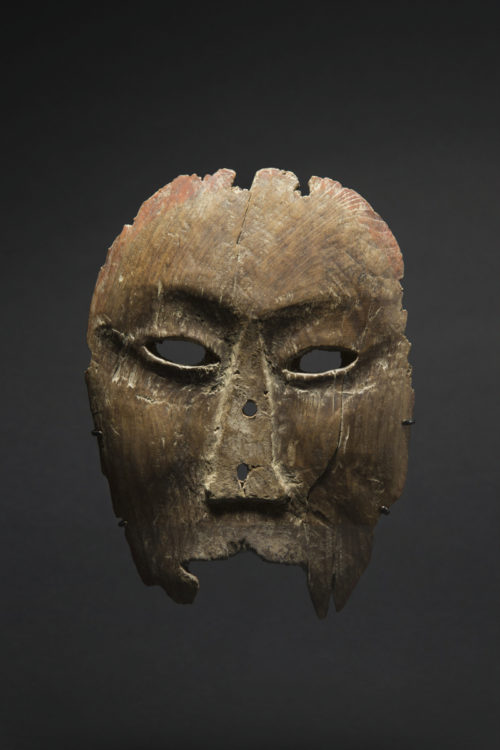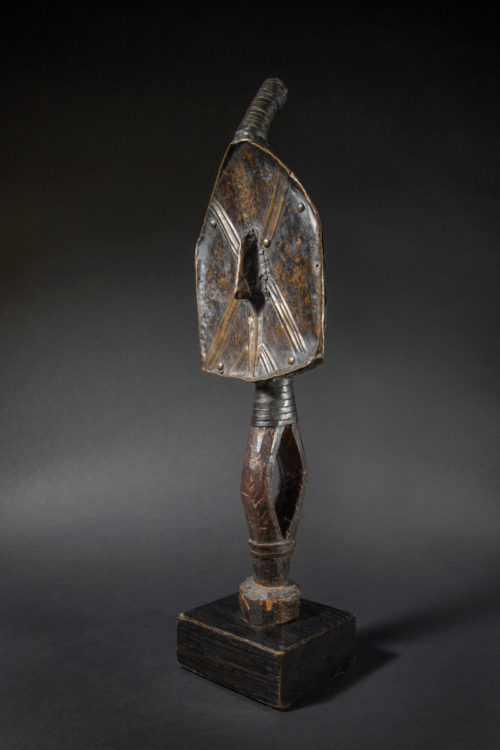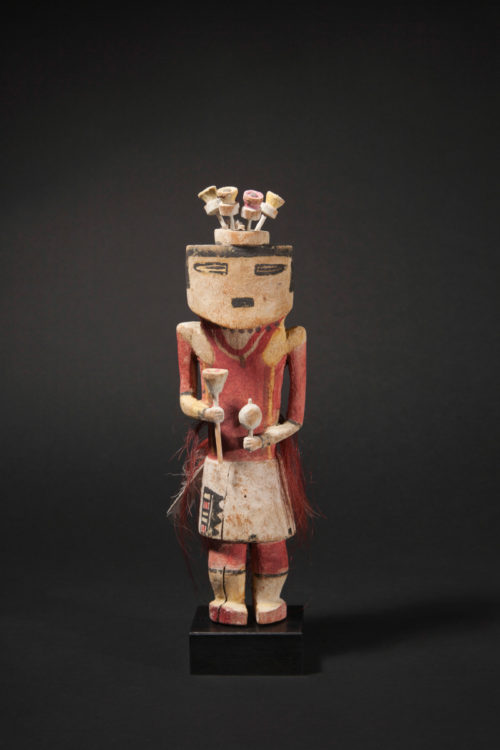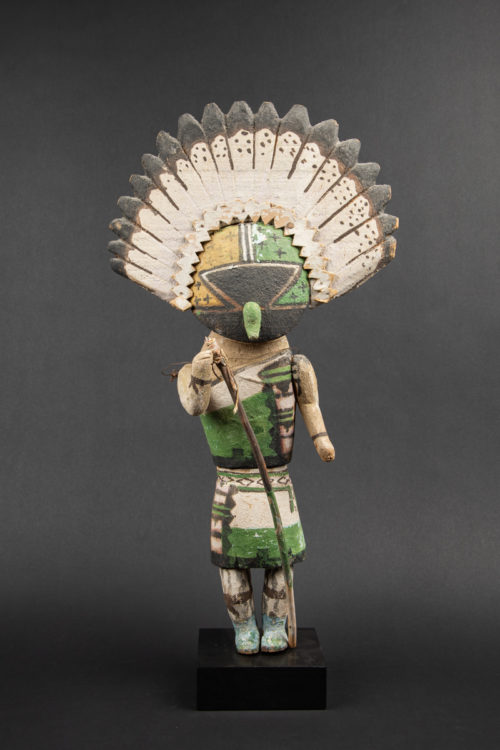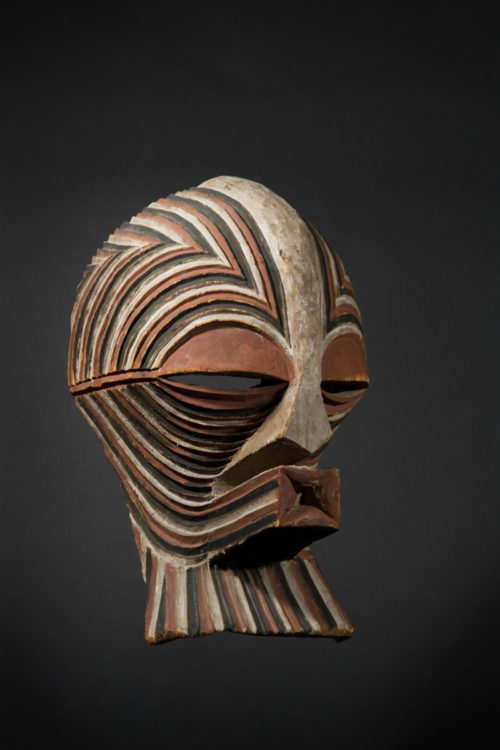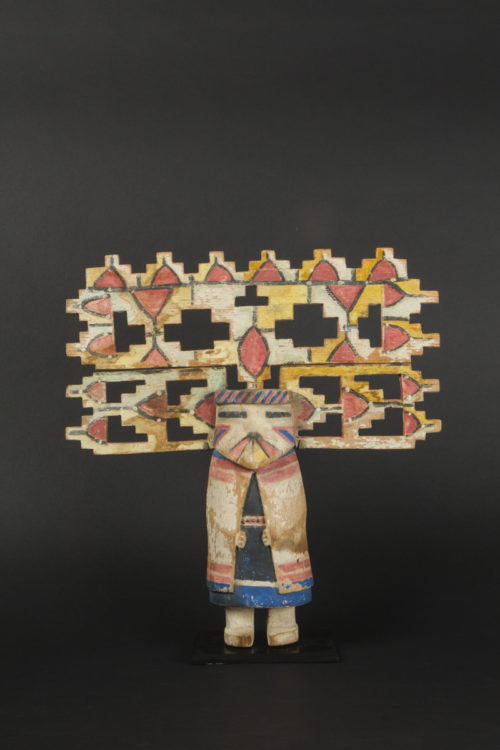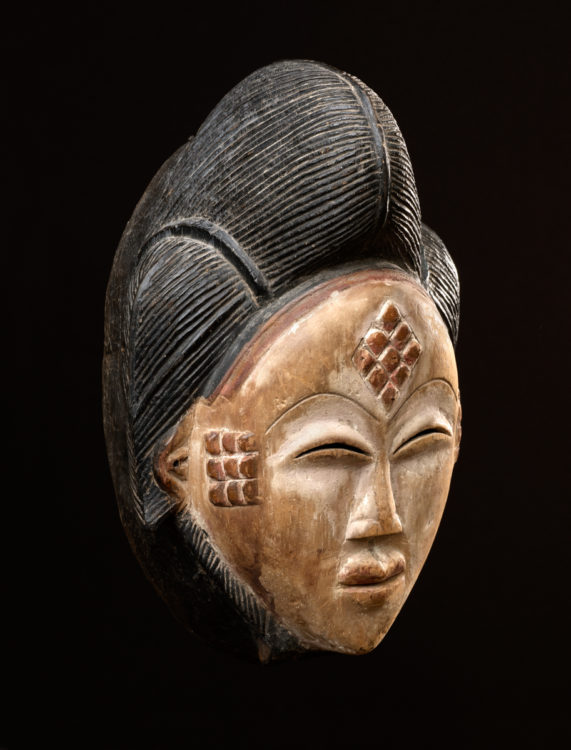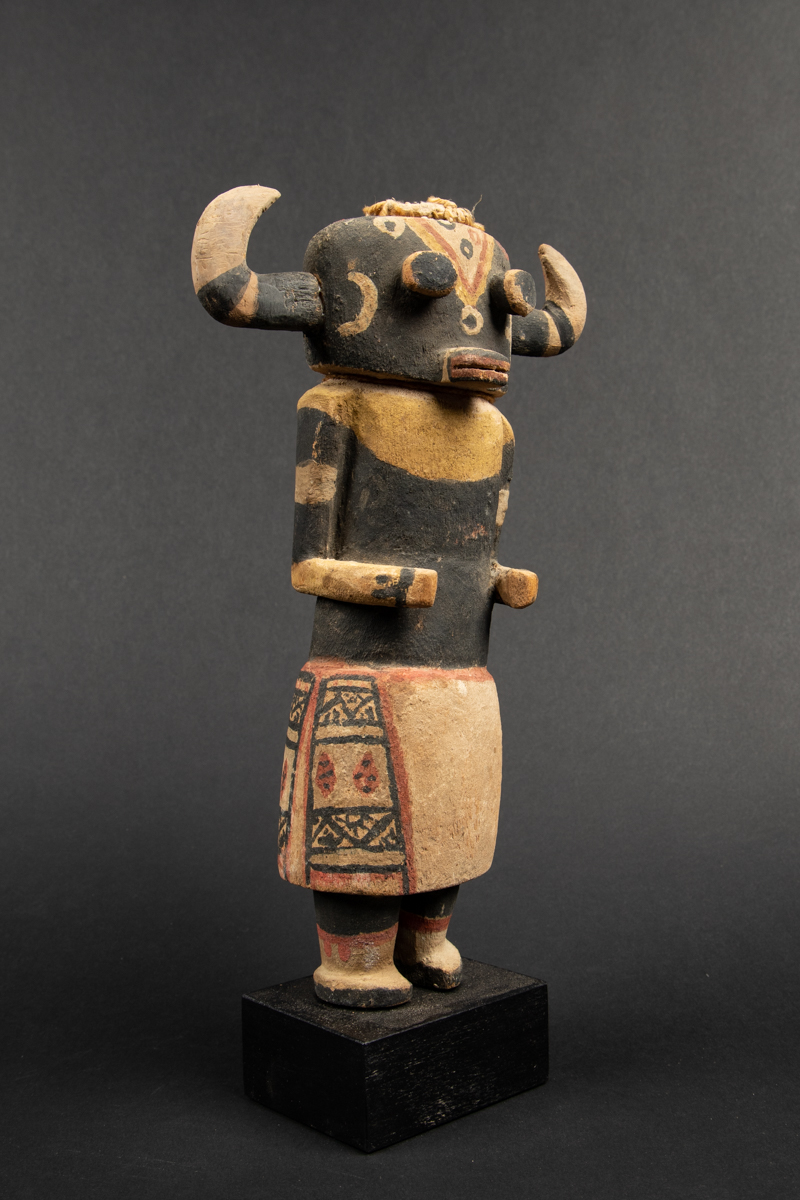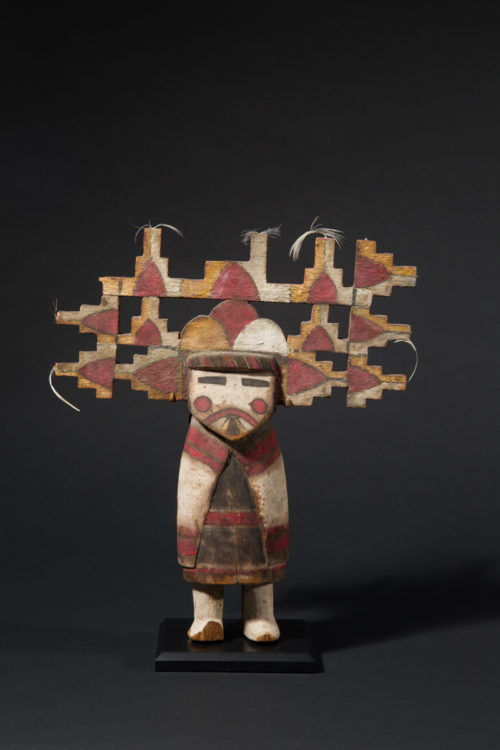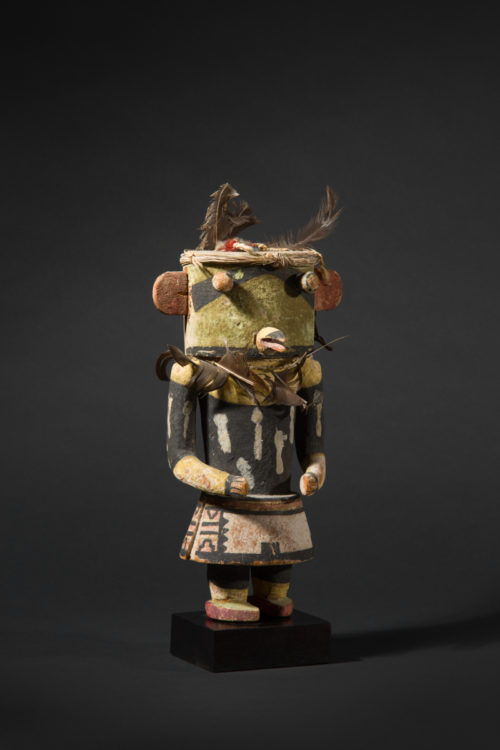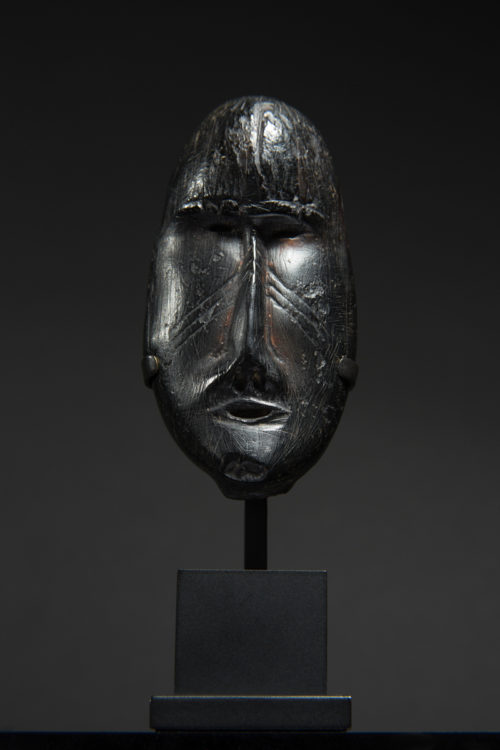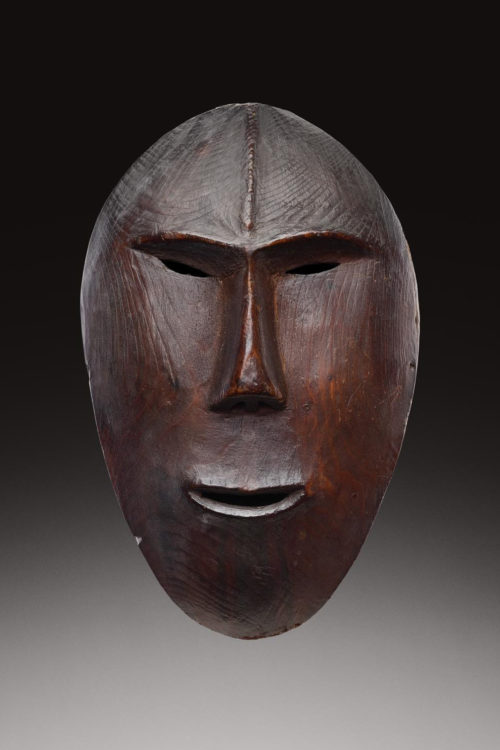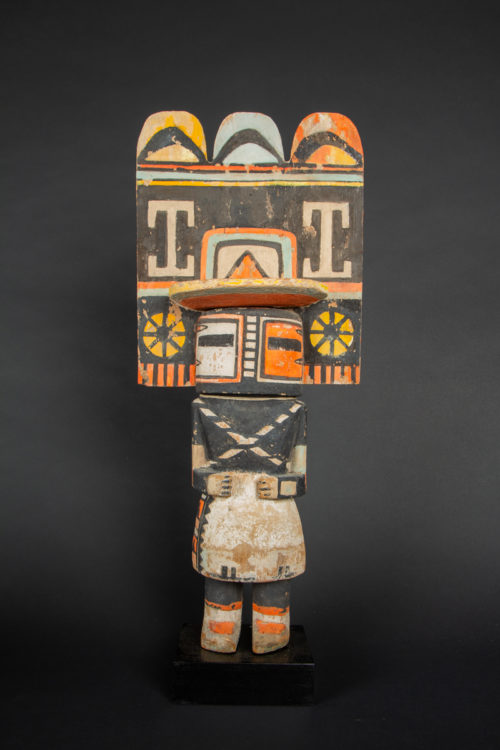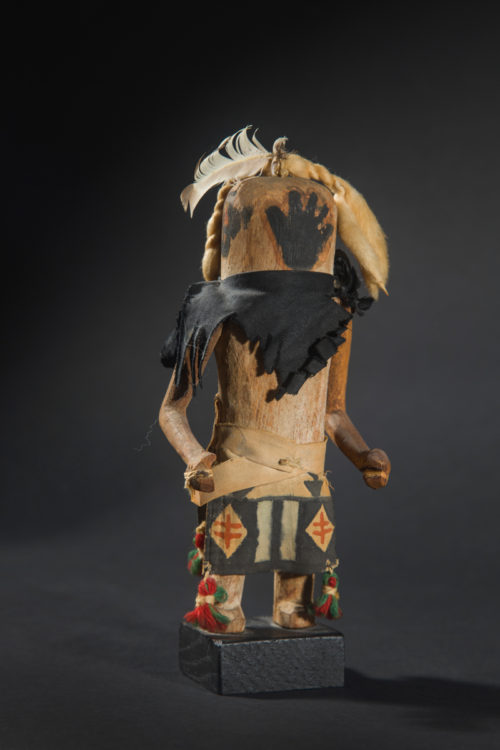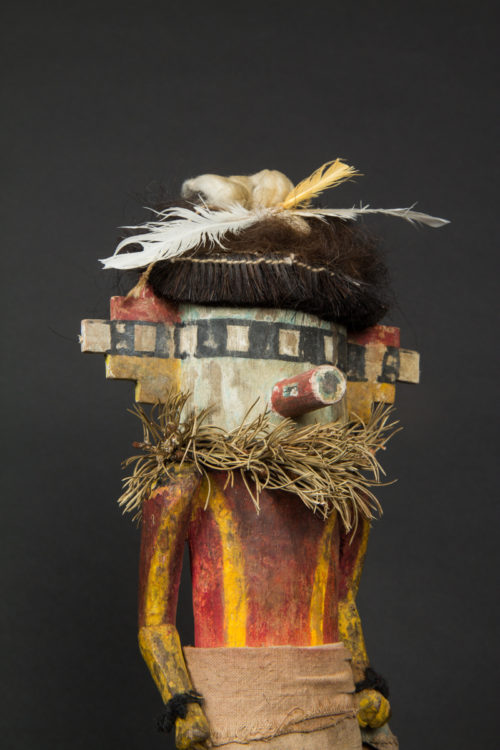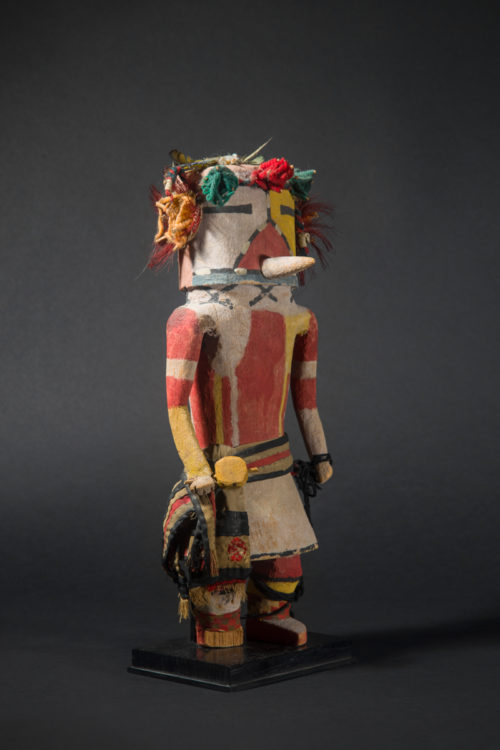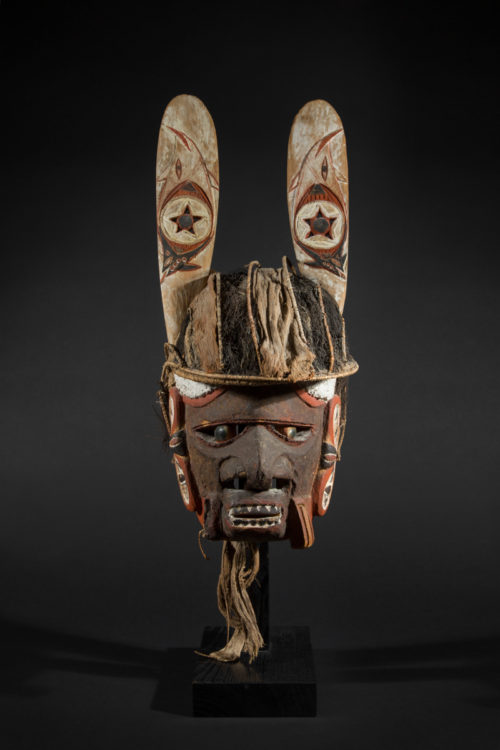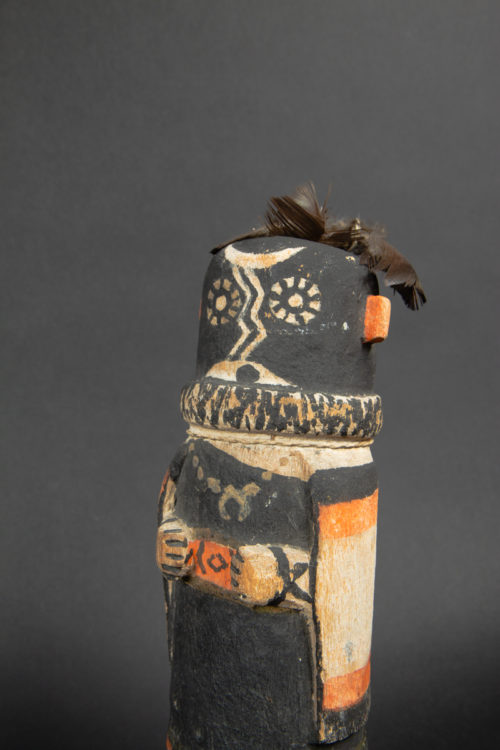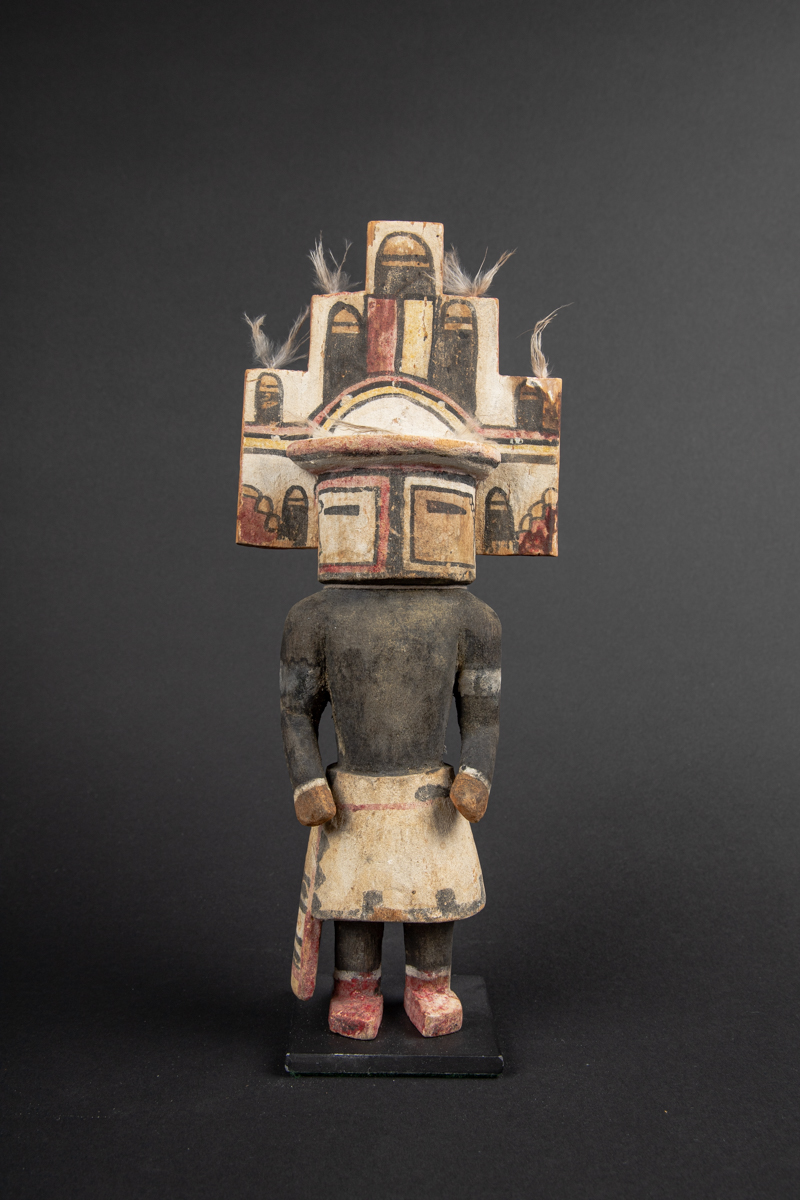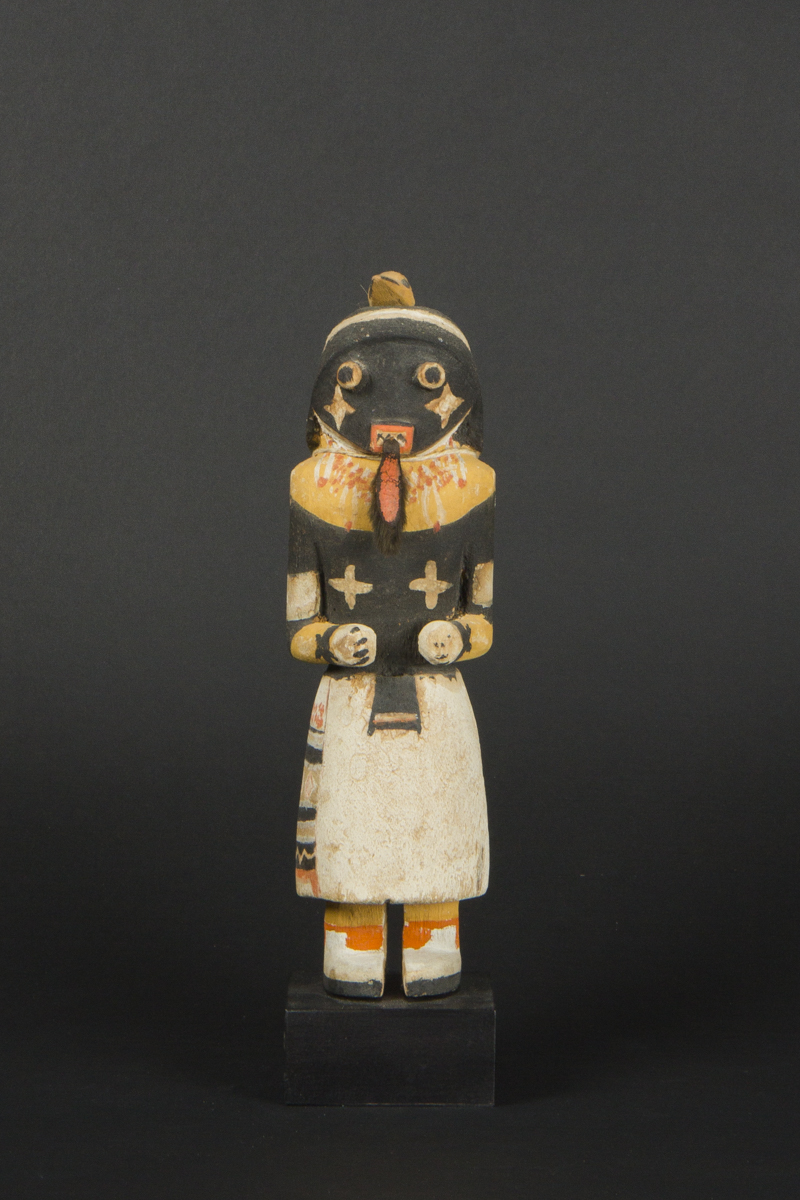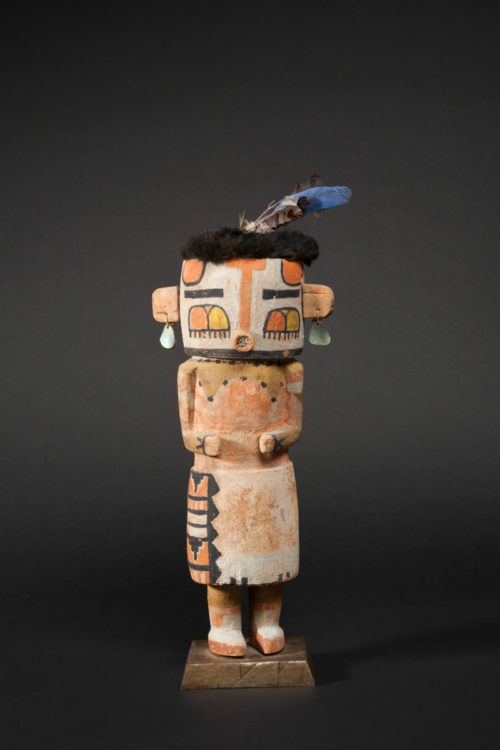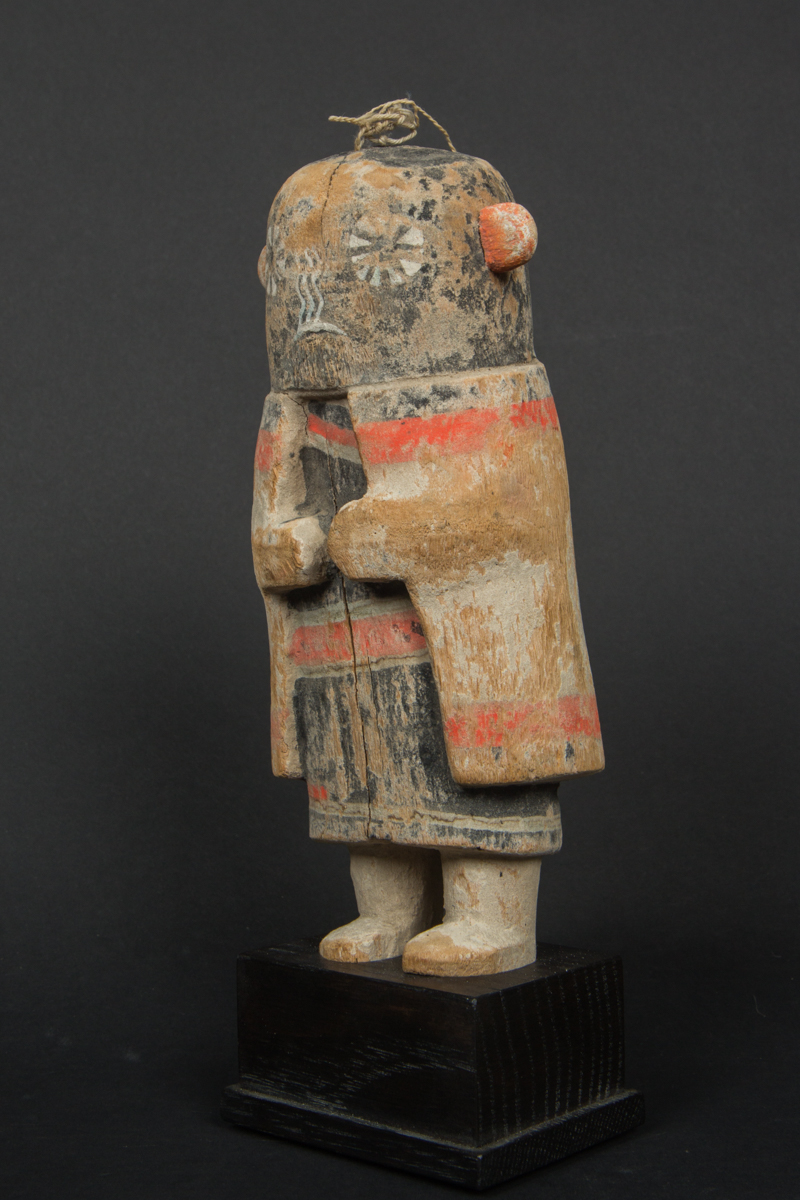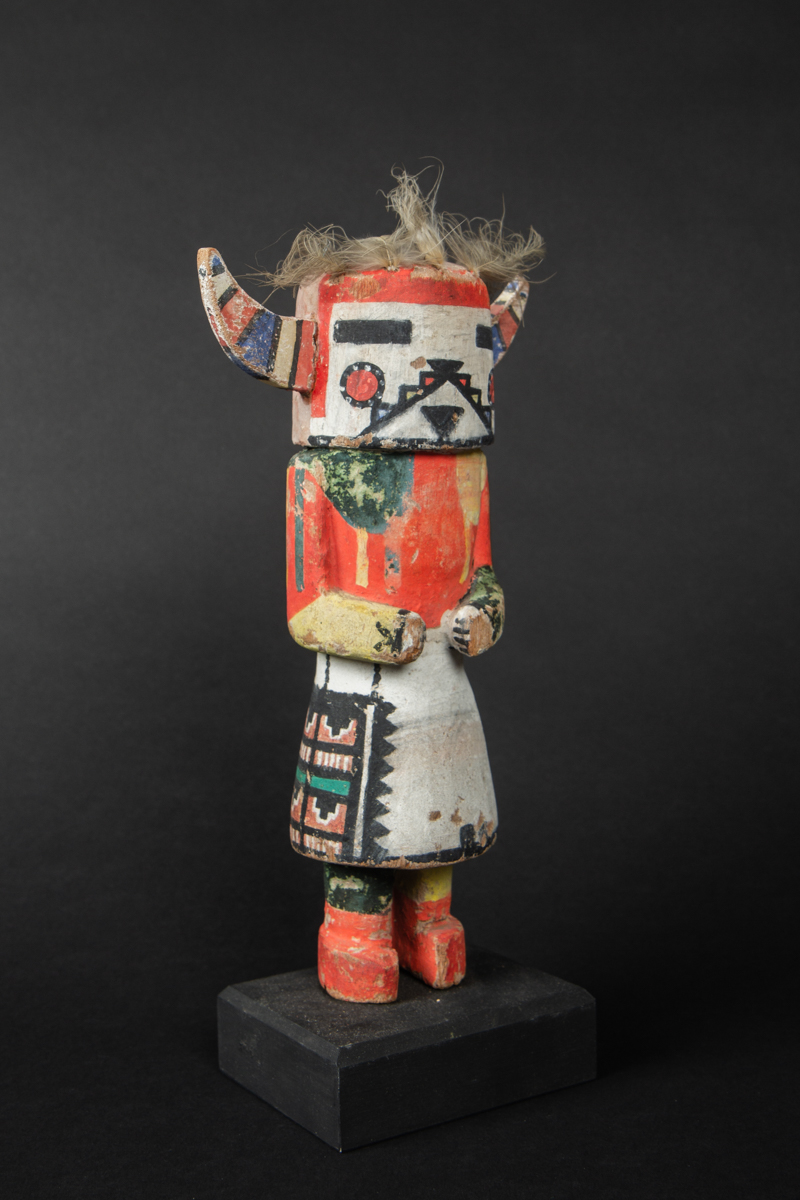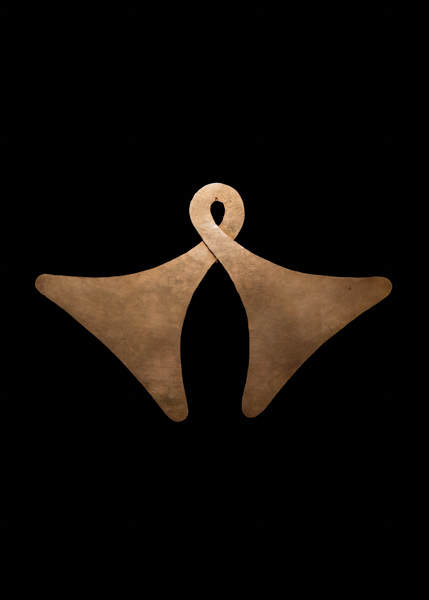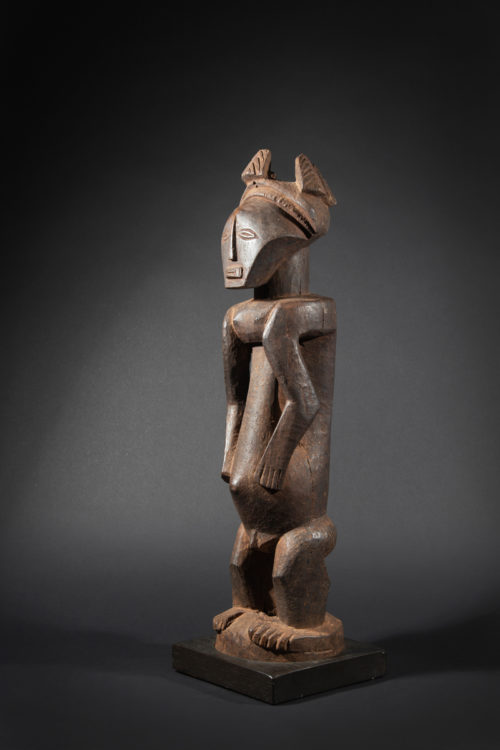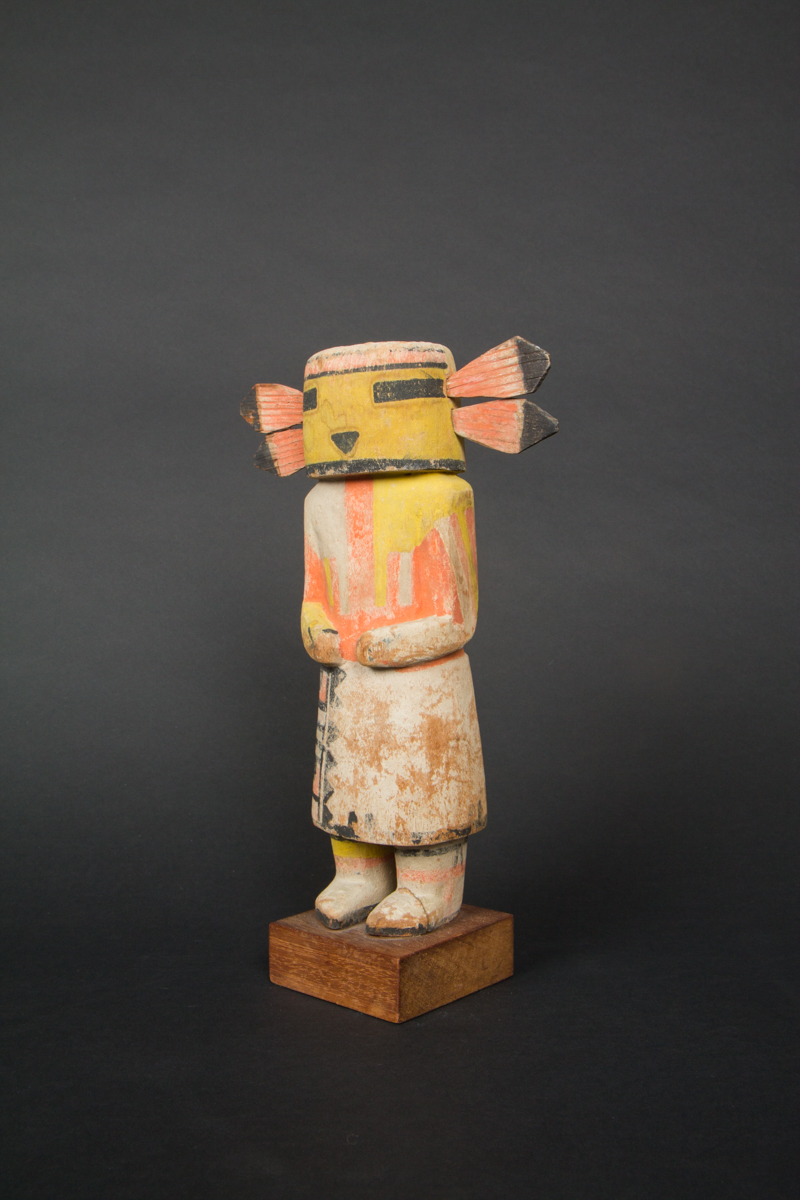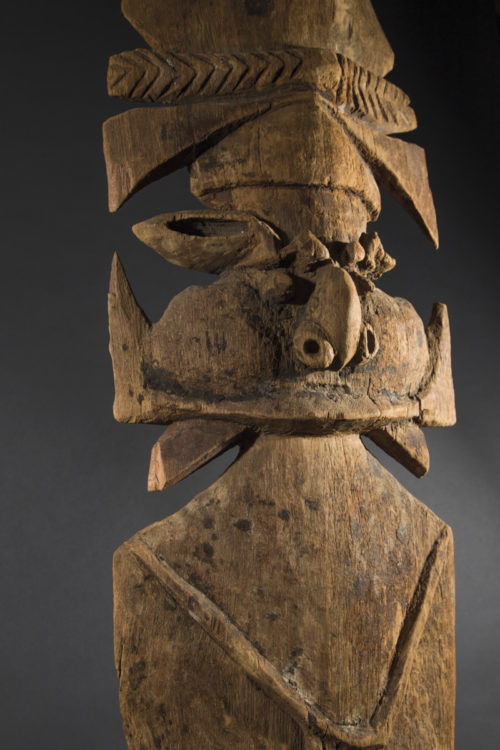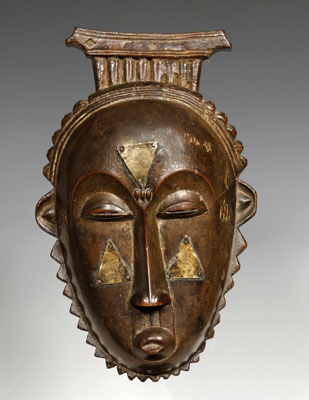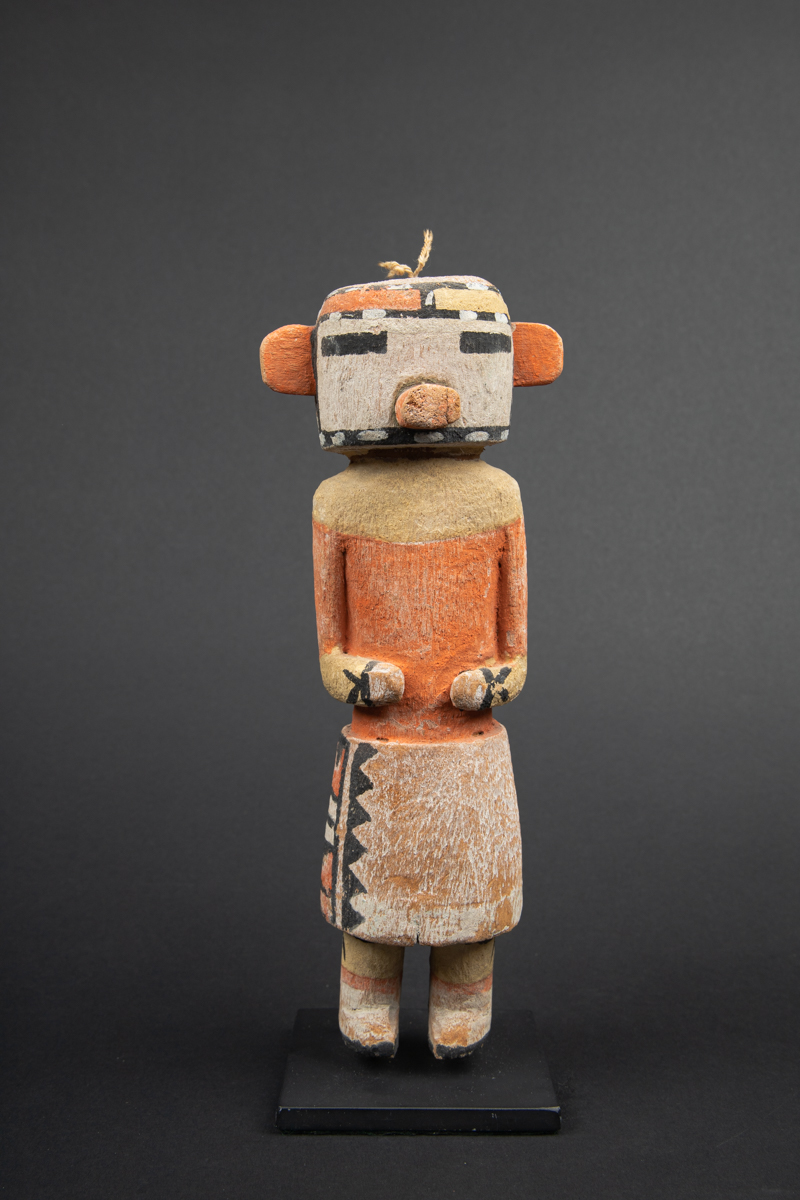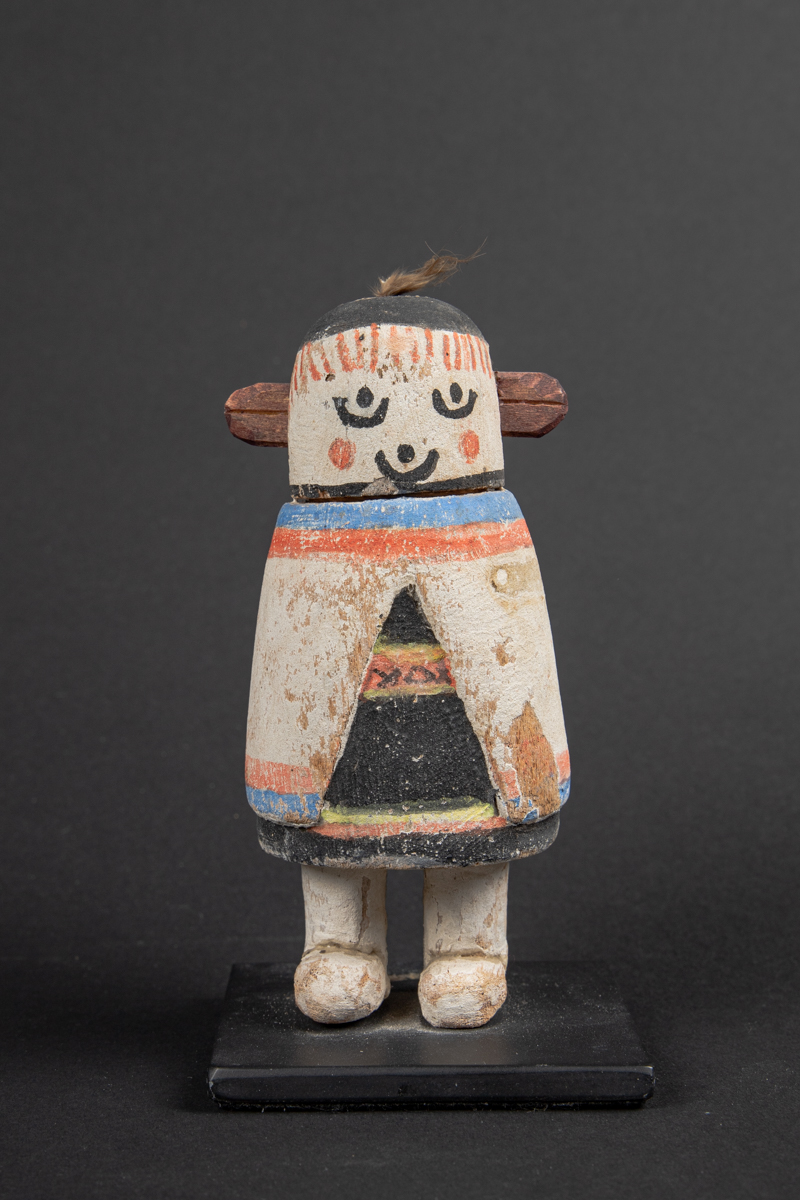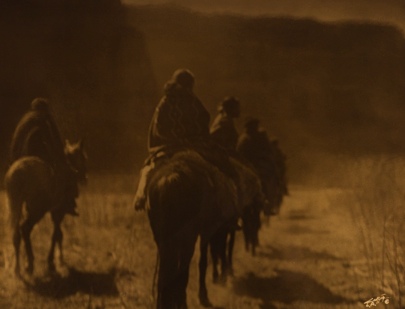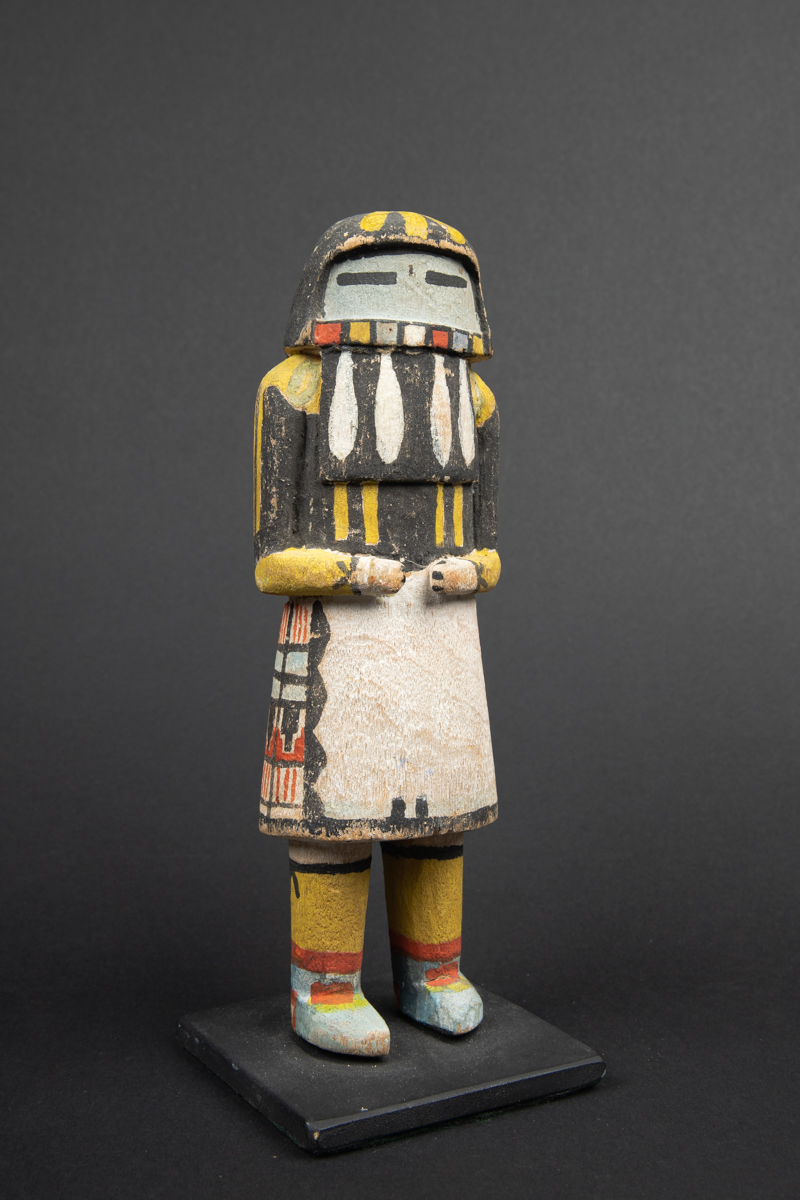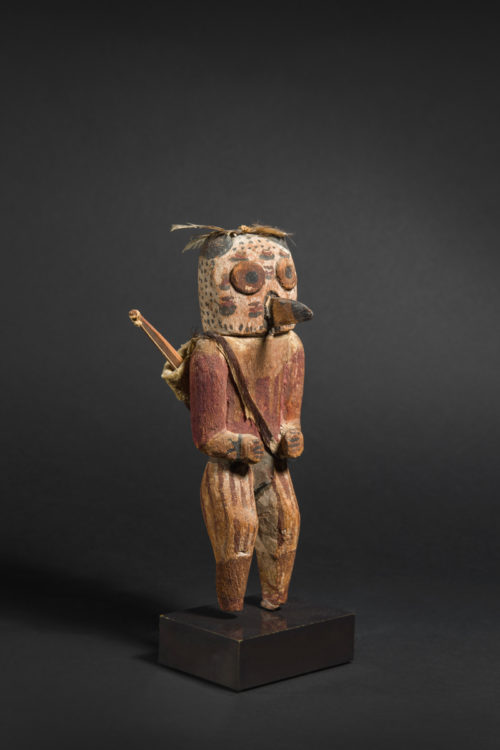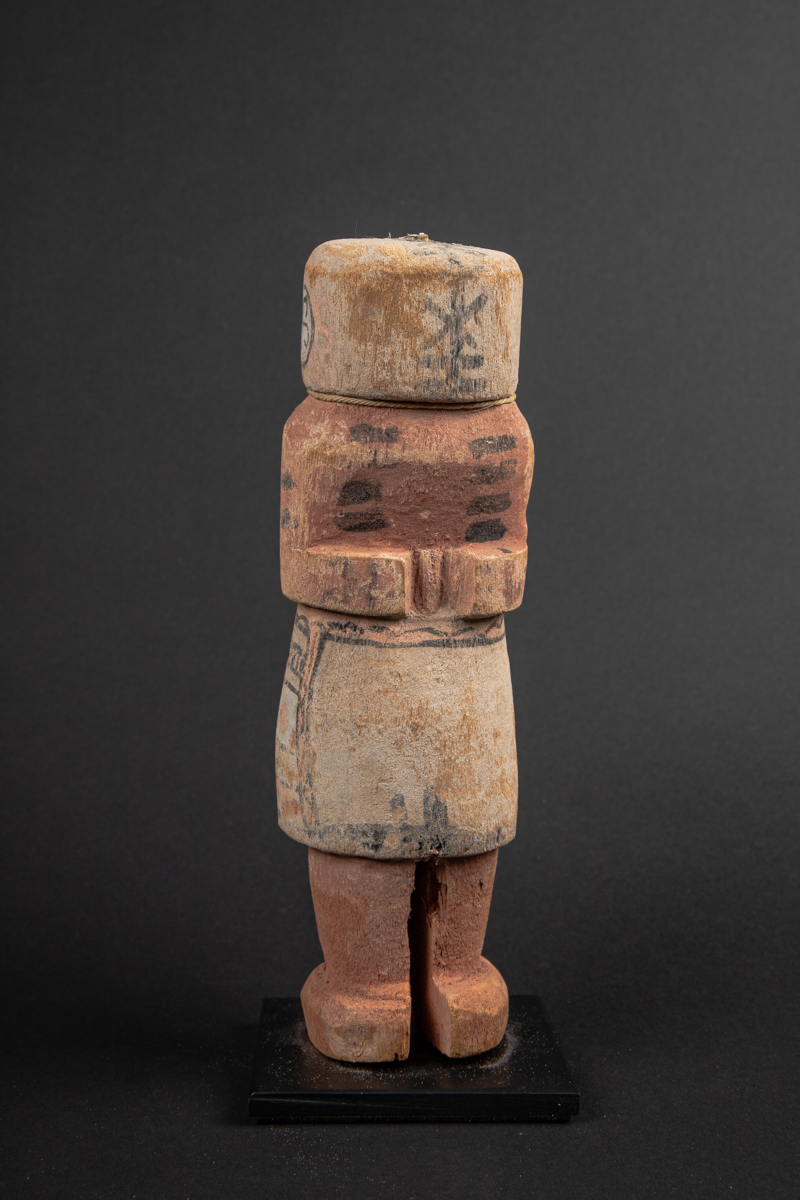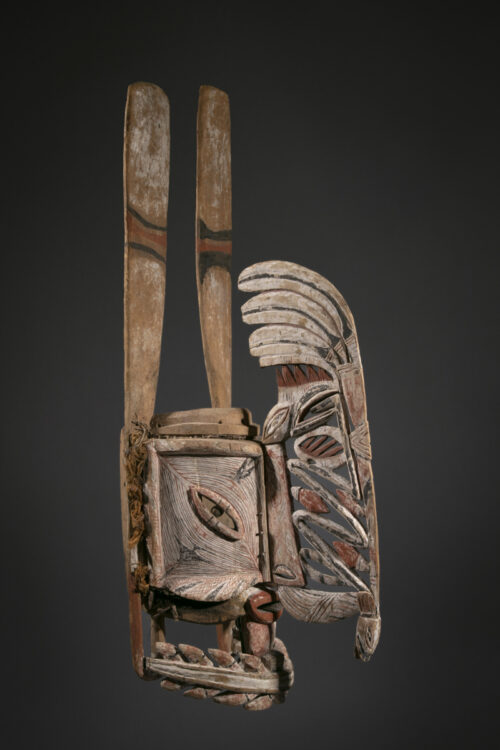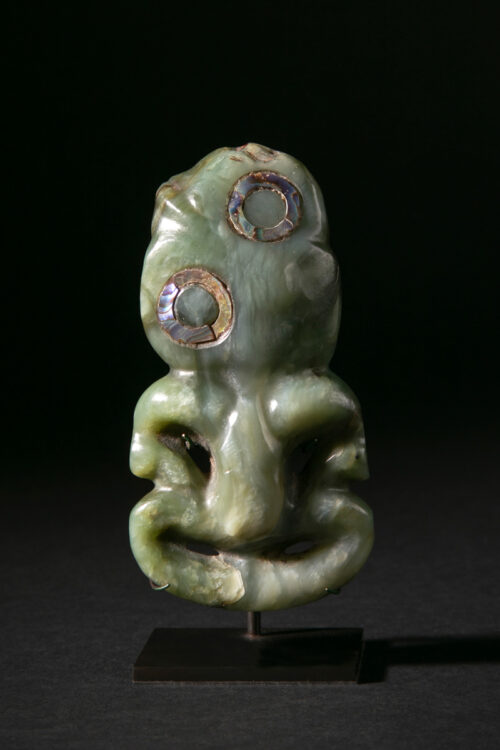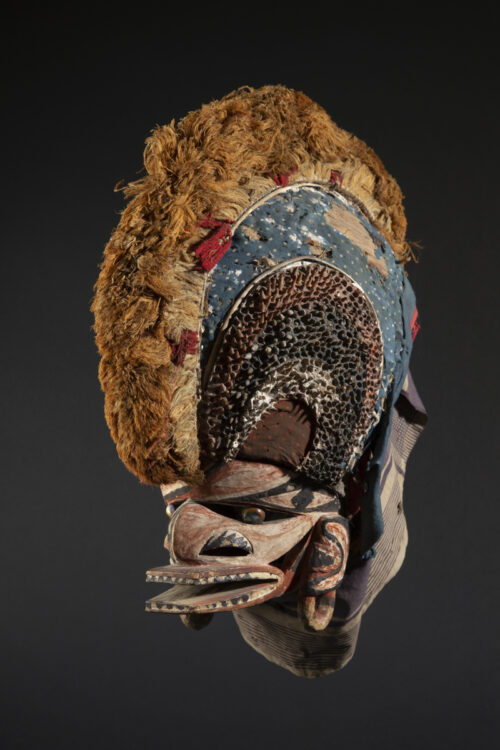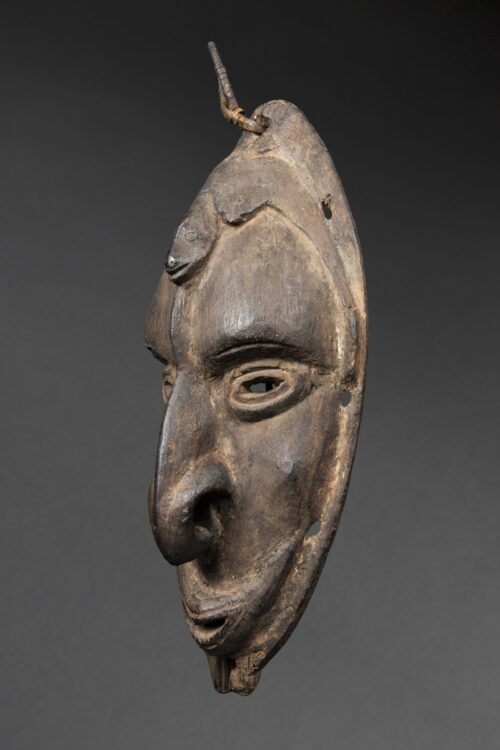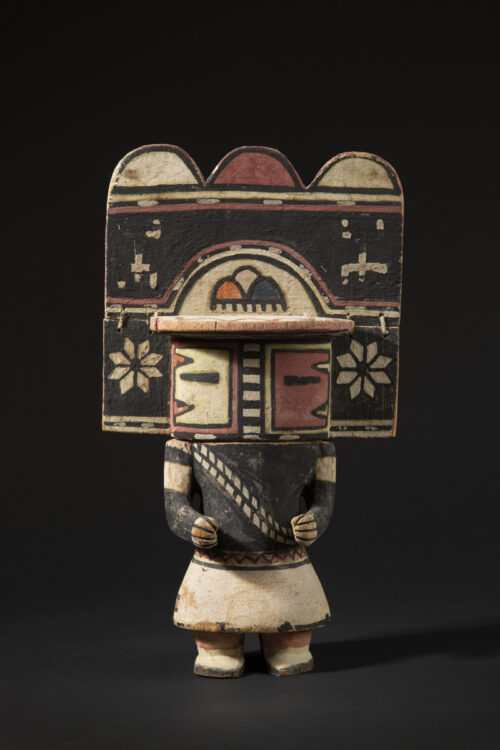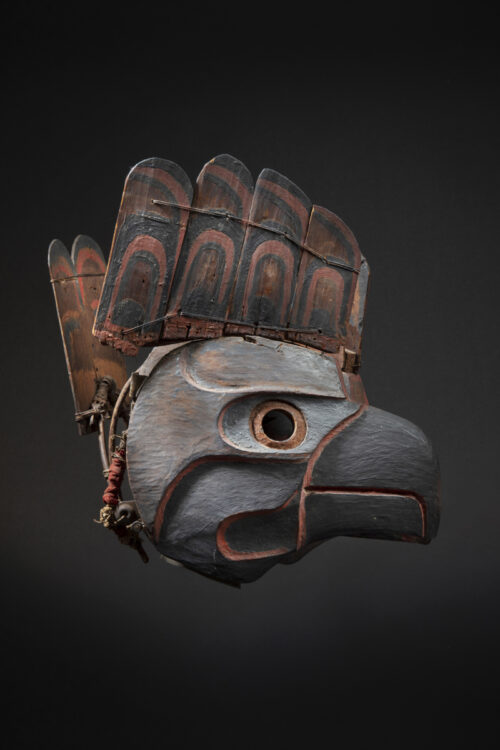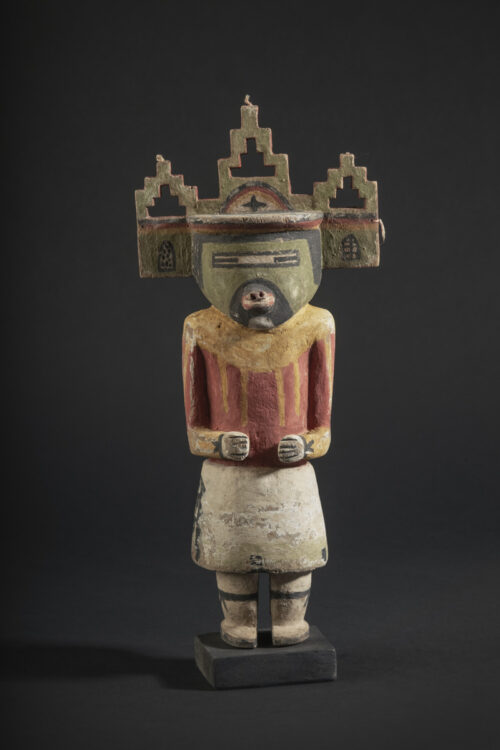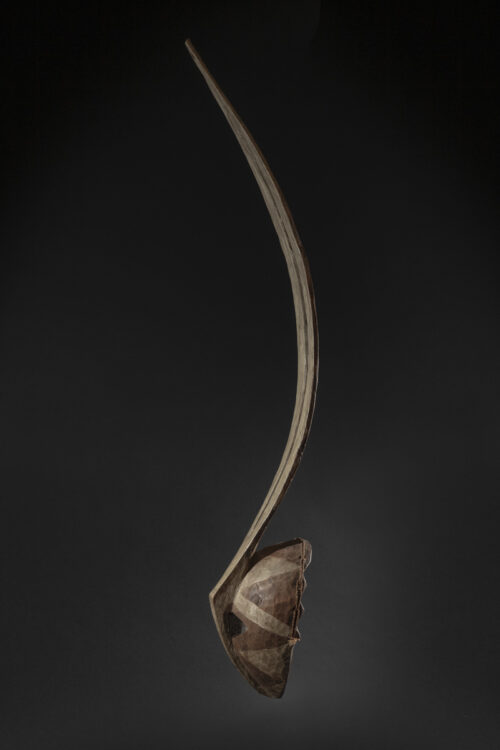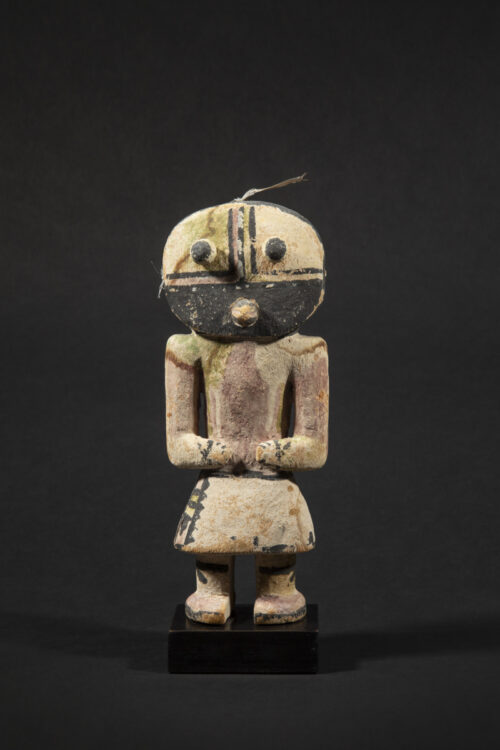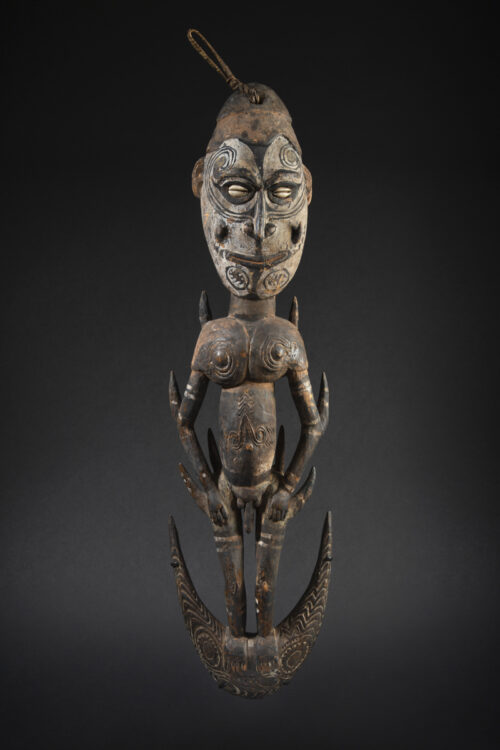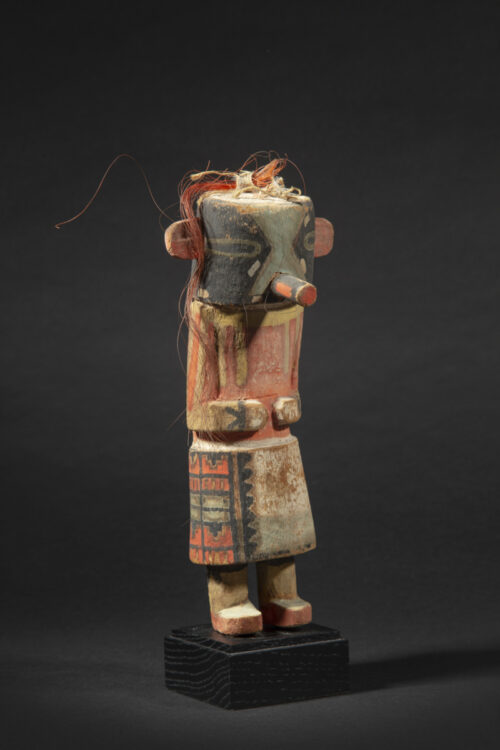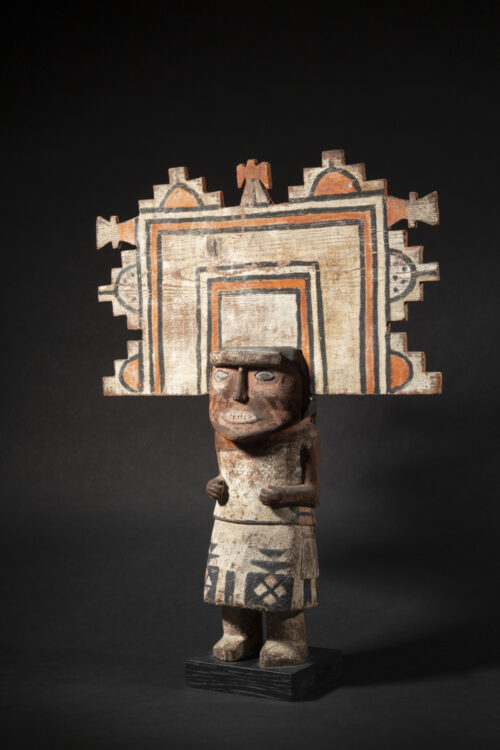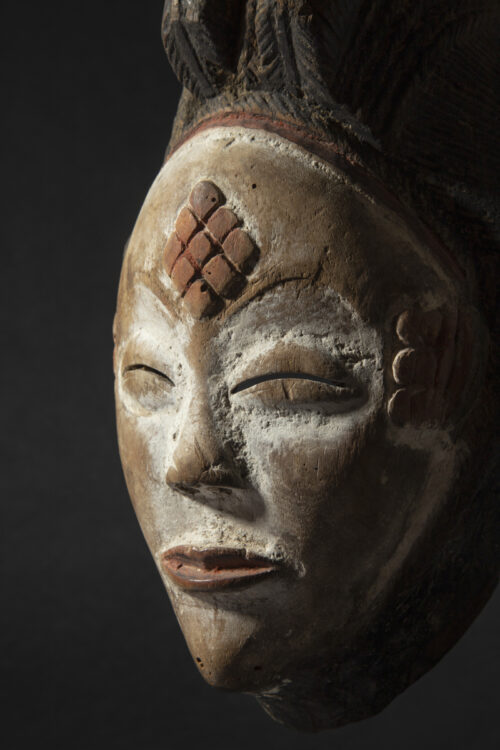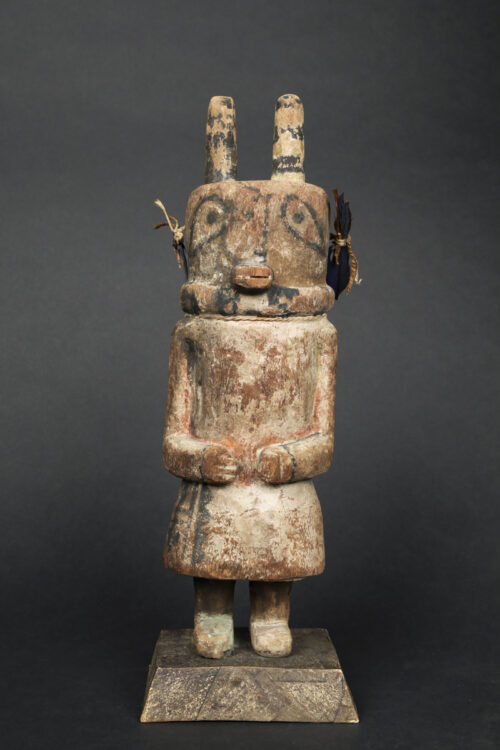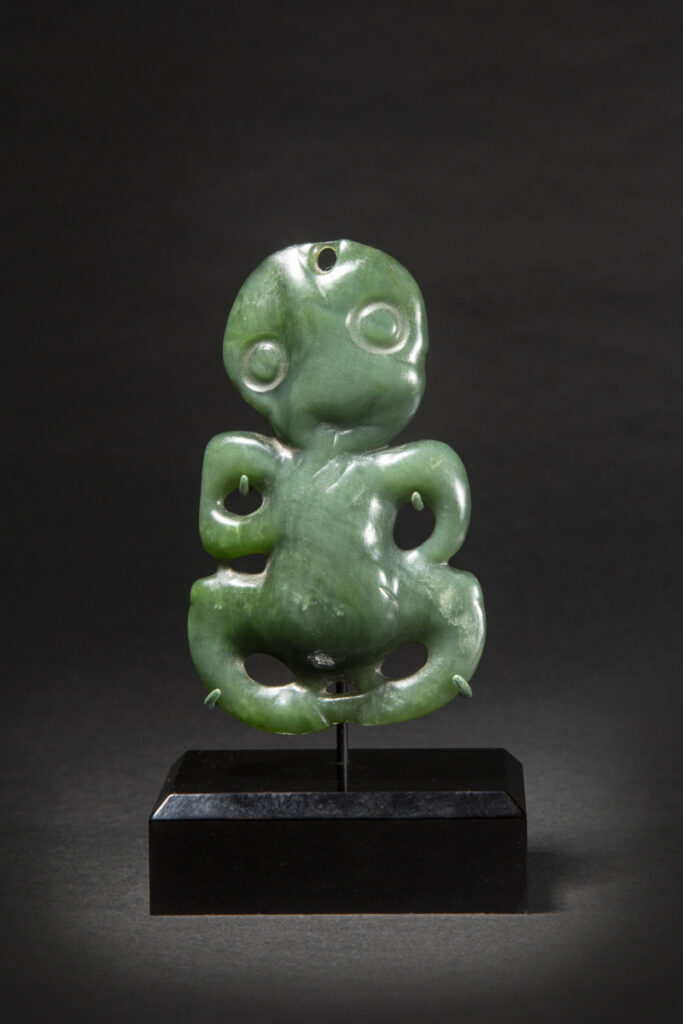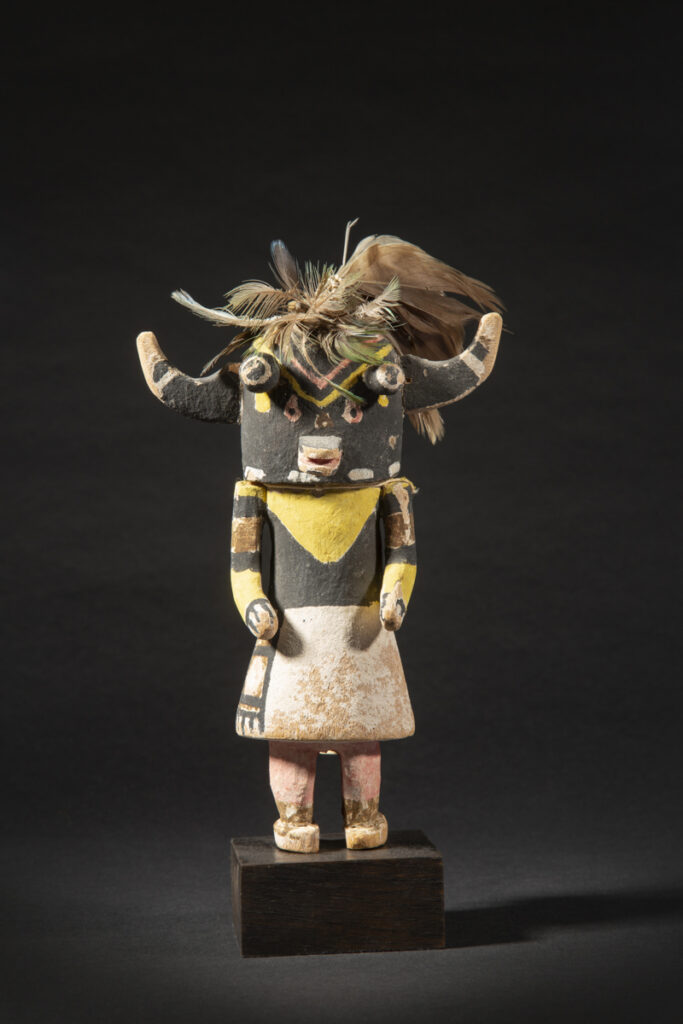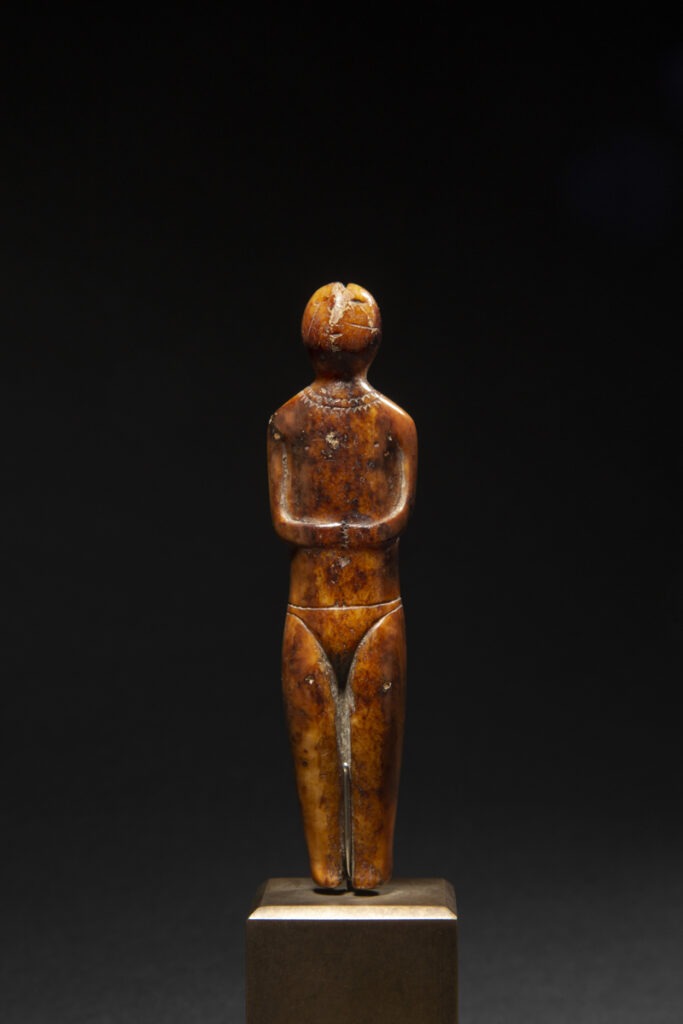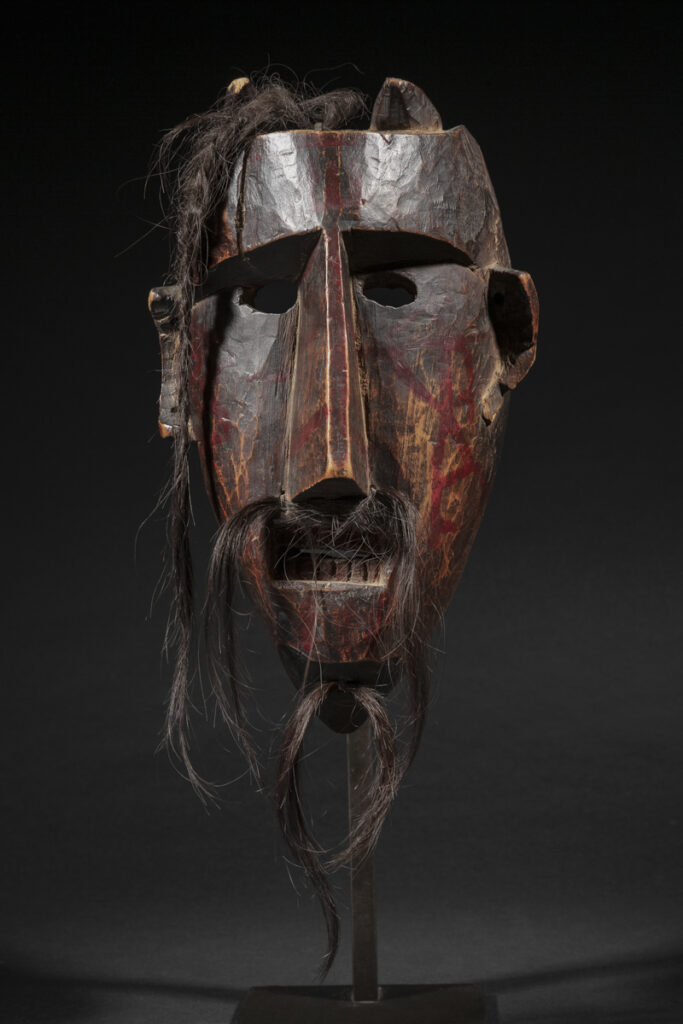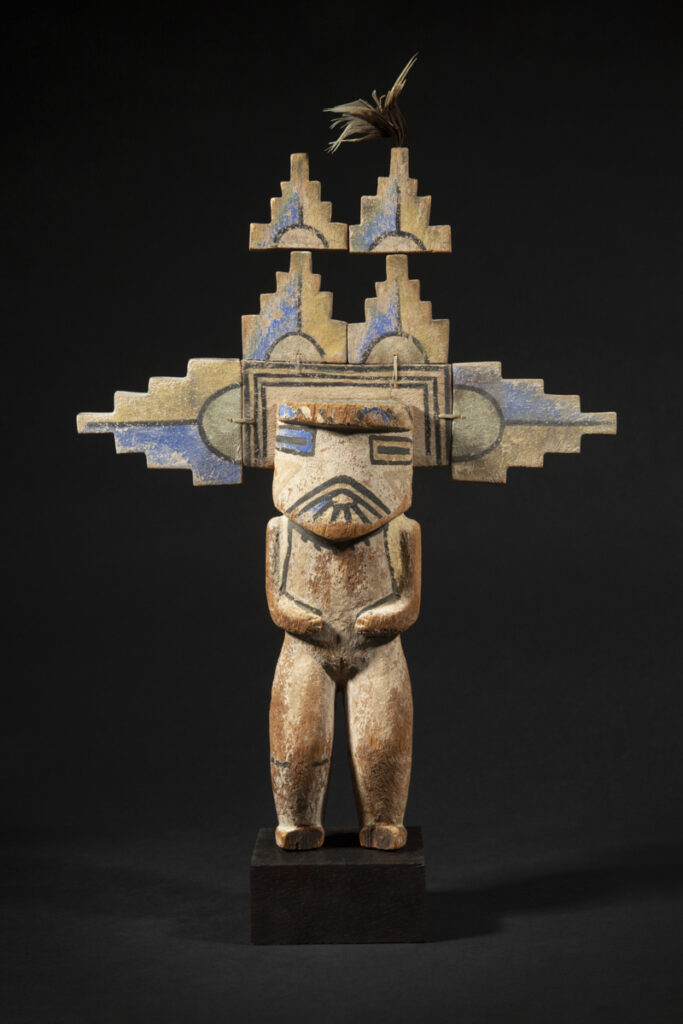Archives | Papua New Guinea
Archives | Solomon Islands
Archives | Papua New Guinea
Archives | Democratic Republic of the Congo
Kachina Archives | Arizona
Kachina Archives | Arizona
Archives | Marquesas Islands
Archives | Papua New Guinea
Kachina Archives | Arizona
Kachina Archives | Arizona
Kachina Archives | Arizona
Archives | Papua New Guinea
Kachina Archives | Arizona
Kachina Archives | Arizona
Kachina Archives | Arizona
Kachina Archives | Arizona
Kachina Archives | Arizona
Kachina Archives | Arizona
Kachina Archives | Arizona
Archives | Papua New Guinea
Kachina Archives | Arizona
Archives | Marquesas Islands
Archives | Woodlands, USA
Kachina Archives | Arizona
Kachina Archives | Arizona
Archives | Democratic Republic of the Congo
Archives | Democratic Republic of the Congo
Archives | Easter Island, Polynesia
Archives | Democratic Republic of the Congo
Archives | Democratic Republic of the Congo
Archives | Papua New Guinea
Kachina Archives | New Mexico
Kachina Archives | Arizona
Kachina Archives | Arizona
Archives | Democratic Republic of the Congo
Archives | Papua New Guinea
Kachina Archives | Arizona
Archives | Papua New Guinea
Kachina Archives | Arizona
Archives | Papua New Guinea
Kachina Archives | Arizona
Kachina Archives | Arizona
Kachina Archives | Arizona
Kachina Archives | Arizona
Kachina Archives | Arizona
Kachina Archives | Arizona
Kachina Archives | Arizona
Kachina Archives | Arizona
Archives | Papua New Guinea
Archives | Papua New Guinea
Archives | Papua New Guinea
Kachina Archives | Arizona
Kachina Archives | Arizona
Kachina Archives | Arizona
Kachina Archives | Arizona
Kachina Archives | Arizona
Kachina Archives | Arizona
Archives | Papua New Guinea
Kachina Archives | Arizona
Kachina Archives | Arizona
Kachina Archives | Arizona
Kachina Archives | Arizona
Kachina Archives | New Mexico
Kachina Archives | Arizona
Archives | Papua New Guinea
Kachina Archives | Arizona
Kachina Archives | Arizona
Kachina Archives | Arizona
Kachina Archives | Arizona
Kachina Archives | Arizona
Kachina Archives | Arizona
Kachina Archives | Arizona
Kachina Archives | Arizona
Kachina Archives | Arizona
Kachina Archives | Arizona
Kachina Archives | Arizona
Kachina Archives | Arizona
Kachina Archives | Arizona
Archives | Marquesas Islands
Kachina Archives | Arizona
Kachina Archives | Arizona
Kachina Archives | Arizona
Kachina Archives | Arizona
Kachina Archives | Arizona
Archives | Papua New Guinea
Archives | Papua New Guinea
Archives | Papua New Guinea
Kachina Archives | Arizona
Kachina Archives | Arizona
Archives | Papua New Guinea
Archives | Papua New Guinea
Kachina Archives | Arizona
Kachina Archives | Arizona
Archives | West Australia
Archives | Papua New Guinea
Archives | Austral Islands
Archives | Solomon Islands
Kachina Archives | Arizona
Kachina Archives | Arizona
Kachina Archives | Arizona
Kachina Archives | Arizona
Archives | Solomon Islands
Kachina Archives | Arizona
Kachina Archives | Arizona
Archives | Democratic Republic of the Congo
Archives | Democratic Republic of the Congo
Kachina Archives | Arizona
Kachina Archives | Arizona
Kachina Archives | Arizona
Kachina Archives | Arizona
Kachina Archives | Arizona
Archives | Papua New Guinea
Archives | Democratic Republic of the Congo
Archives | Papua New Guinea
Kachina Archives | New Mexico
Kachina Archives | Arizona
Kachina Archives | Arizona
Archives | Papua New Guinea
Archives | Papua New Guinea
Kachina Archives | Arizona
Kachina Archives | Arizona
Kachina Archives | Arizona
Kachina Archives | New Mexico
Kachina Archives | Arizona
Archives | Austral Islands
Archives | Democratic Republic of the Congo
Archives | Democratic Republic of the Congo
Kachina Archives | Arizona
Kachina Archives | Arizona
Kachina Archives | Arizona
Kachina Archives | New Mexico
Archives | Democratic Republic of the Congo
Archives | Democratic Republic of the Congo
Kachina Archives | Arizona
Archives | Papua New Guinea
Archives | Democratic Republic of the Congo
Archives | Admiralty Islands
Kachina Archives | Arizona
Kachina Archives | Arizona
Archives | Marquesas Islands
Kachina Archives | Arizona
Archives | Papua New Guinea
Archives | Marquesas Islands
Kachina Archives | Arizona
Archives | Marquesas Islands
Kachina Archives | Arizona
Kachina Archives | Arizona
Kachina Archives | Arizona
Archives | Democratic Republic of the Congo
Kachina Archives | Arizona
Kachina Archives | Arizona
Archives | Papua New Guinea
Archives | Marquesas Islands
Kachina Archives | Arizona
Kachina Archives | Arizona
Kachina Archives | Arizona
Kachina Archives | Arizona
Kachina Archives | Arizona
Archives | Papua New Guinea
Kachina Archives | Arizona
Kachina Archives | Arizona
Archives | Democratic Republic of the Congo
Archives | Solomon Islands
Archives | Nigeria / Cameroon
Kachina Archives | Arizona
Kachina Archives | Arizona
Archives | Maluku Islands
Archives | Nigeria / Cameroon
Kachina Archives | Arizona
Kachina Archives | Arizona
Archives | Papua New Guinea
Archives | Solomon Islands
Kachina Archives | Arizona
Archives | Papua New Guinea
Archives | Papua New Guinea
Archives | Papua New Guinea
Kachina Archives | Arizona
Kachina Archives | Arizona
Kachina Archives | Arizona
Archives | PaPapua New Guinea
Kachina Archives | Arizona
Kachina Archives | Arizona
Kachina Archives | Arizona
Kachina Archives | Arizona
Kachina Archives | New Mexico
Kachina Archives | Arizona
Kachina Archives | Arizona
Archives | Papua New Guinea
Kachina Archives | Arizona
Kachina Archives | Arizona
Kachina Archives | Arizona
Kachina Archives | Arizona
Kachina Archives | Arizona
Kachina Archives | Arizona
Archives | Solomon Islands
Archives | Democratic Republic of the Congo
Archives | Papua New Guinea
Archives | Democratic Republic of the Congo
Kachina Archives | Arizona
Kachina Archives | Arizona
Kachina Archives | Arizona
Kachina Archives | Arizona
Kachina Archives | Arizona
Kachina Archives | Arizona
Kachina Archives | Arizona
Kachina Archives | Arizona
Kachina Archives | Arizona
Kachina Archives | Arizona
Kachina Archives | Arizona
Kachina Archives | Arizona
Kachina Archives | Arizona
Kachina Archives | Arizona
Kachina Archives | Arizona
Kachina Archives | Arizona
Kachina Archives | Arizona
Kachina Archives | Arizona
Kachina Archives | Arizona
Kachina Archives | Arizona
Kachina Archives | Arizona
Kachina Archives | Arizona
Kachina Archives | Arizona
Kachina Archives | Arizona
Kachina Archives | Arizona
Kachina Archives | Arizona
Kachina Archives | Arizona
Kachina Archives | Arizona
Archives | Arizona or New Mexico
Archives | Papua New Guinea
Archives | Democratic Republic of the Congo
Archives | Marquesas Islands
Archives | Kapingamarangi Atoll
Archives | Western Australia
Archives | Democratic Republic of the Congo
Archives | Northern Liberia
Kachina Archives | Arizona
Archives | Papua New Guinea
Archives | Papua New Guinea
Archives | Solomon Islands
Kachina Archives | Arizona
Archives | Papua New Guinea
Archives | Papua New Guinea
Kachina Archives | Arizona
Archives | Solomon Islands
Archives | Papua New Guinea
Kachina Archives | Arizona
Archives | Marshall Islands
Kachina Archives | Arizona
Archives | Andaman Islands
Archives | Solomon Islands
Kachina Archives | Arizona
Archives | Democratic Republic of the Congo
Archives | Papua New Guinea
Archives | Papua New Guinea
Kachina Archives | Arizona
Archives | Papua New Guinea
Archives | Papua New Guinea
Archives | Papua New Guinea
Kachina Archives | Arizona
Archives | Papua New Guinea
Archives | Marquesas Islands
Archives | Papua New Guinea
Archives | Papua New Guinea
Kachina Archives | Arizona
Archives | Marquesas Islands
Archives | Papua New Guinea
Kachina Archives | Arizona
Archives | Papua New Guinea
Archives | Papua New Guinea
Archives | Solomon Islands
Archives | Austral Islands
Archives | Papua New Guinea
Archives | Andaman Islands
Kachina Archives | Arizona
Archives | Alaska / Greenland
Kachina Archives | Arizona
Archives | Papua New Guinea
Kachina Archives | Arizona
Archives | Democratic Republic of the Congo
Kachina Archives | Arizona
Kachina Archives | Arizona
Kachina Archives | Arizona
Kachina Archives | Arizona
Kachina Archives | Arizona
Kachina Archives | Arizona
Archives | Palm trees in front of the Pyramids of Giza
Kachina Archives | Arizona
Kachina Archives | Arizona
Archives | Papua New Guinea
Kachina Archives | Arizona
Kachina Archives | Arizona
Kachina Archives | Arizona
Kachina Archives | Arizona
Kachina Archives | Arizona
Archives | New Mexico/Arizona
Kachina Archives | Arizona.
Kachina Archives | Arizona
Kachina Archives | Arizona
Kachina Archives | New Mexico
Kachina Archives | Arizona
Kachina Archives | Arizona
Archives | Papua New Guinea
Kachina Archives | Arizona
Kachina Archives | Arizona
Kachina Archives | Arizona
Archives | Democratic Republic of the Congo
Archives | Gulf of Alaska
Kachina Archives | Arizona
Kachina Archives | Arizona
Kachina Archives | Arizona
Kachina Archives | Arizona
Archives | Democratic Republic of the Congo
Kachina Archives | Arizona
Archives | Democratic Republic of the Congo
Archives | Papua New Guinea
Kachina Archives | Arizona
Archives | Papua New Guinea
Archives | Papua New Guinea
Archives | Papua New Guinea
Kachina Archives | Arizona
Kachina Archives | Arizona
Archives | Papua New Guinea
Archives | Papua New Guinea
Archives | Papua New Guinea
Archives | Papua New Guinea
Kachina Archives | Arizona
Archives | Marquesas Islands
Archives | Democratic Republic of the Congo
Kachina Archives | Arizona
Kachina Archives | Arizona
Kachina Archives | Arizona
Archives | Andaman Islands
Kachina Archives | New Mexico
Kachina Archives | Arizona
Kachina Archives | New Mexico
Kachina Archives | Arizona
Kachina Archives | Arizona
Kachina Archives | Arizona
Kachina Archives | Arizona
Kachina Archives | Arizona
Kachina Archives | Arizona
Archives | Papua New Guinea
Archives | Alaska or Siberia
Archives | Papua New Guinea
Kachina Archives | Arizona
Archives | Democratic Republic of the Congo
Kachina Archives | Arizona
Kachina Archives | Arizona
Kachina Archives | Arizona
Archives | Austral Islands
Kachina Archives | Arizona
Archives | Democratic Republic of the Congo
Kachina Archives | Arizona
Archives | Papua New Guinea
Kachina Archives | Arizona
Archives | Papua New Guinea
Kachina Archives | Arizona
Kachina Archives | Arizona
Kachina Archives | Arizona
Kachina Archives | Arizona
Kachina Archives | Arizona
Archives | Papua New Guinea
Archives | Solomon Islands
Kachina Archives | Arizona
Kachina Archives | Arizona
Kachina Archives | New Mexico
Kachina Archives | Arizona
Kachina Archives | Arizona
Kachina Archives | Arizona
Kachina Archives | Arizona
Kachina Archives | Arizona
Archives | Democratic Republic of the Congo
Kachina Archives | Arizona
Kachina Archives | Arizona
Kachina Archives | Arizona
Kachina Archives | Arizona
Archives | Solomon Islands
Kachina Archives | Arizona
Kachina Archives | Arizona
Kachina Archives | New Mexico
Archives | Papua New Guinea
Kachina Archives | Arizona
Archives | Papua New Guinea
Kachina Archives | Arizona
Kachina Archives | Arizona
Kachina Archives | Arizona
Archives | Democratic Republic of the Congo
Archives | Marquesas Islands
Archives | Angola / D.R. Congo
Archives | Democratic Republic of the Congo
Kachina Archives | Arizona
Kachina Archives | Arizona
Kachina Archives | Arizona
Kachina Archives | Arizona
Kachina Archives | Arizona
Kachina Archives | Arizona
Kachina Archives | Arizona
Kachina Archives | Arizona
Kachina Archives | Arizona
Kachina Archives | Arizona
Kachina Archives | Arizona
Kachina Archives | Arizona
Kachina Archives | Arizona
Kachina Archives | Arizona
Kachina Archives | Arizona
Archives | Papua New Guinea
Kachina Archives | Arizona
Kachina Archives | Arizona
Kachina Archives | Arizona
Kachina Archives | Arizona
Kachina Archives | Arizona
Kachina Archives | Arizona
Kachina Archives | Arizona
North America | Greenland
Kachina Archives | Arizona
Kachina Archives | Arizona
Kachina Archives | Arizona
Kachina Archives | Arizona
Kachina Archives | Arizona
Kachina Archives | Arizona
Archives | Papua New Guinea
Kachina Archives | Arizona
Kachina Archives | Arizona
Kachina Archives | Arizona
Kachina Archives | Arizona
Kachina Archives | Arizona
Kachina Archives | Arizona
Kachina Archives | Arizona
Kachina Archives | Arizona
Kachina Archives | Arizona
Africa | Democratic Republic of the Congo
Kachina Archives | Arizona
Kachina Archives | New Mexico
Kachina Archives | New Mexico
Kachina Archives | Arizona
Kachina Archives | Arizona
Kachina Archives | Arizona
Archives | Democratic Republic of the Congo
Kachina Archives | Arizona
Kachina Archives | Arizona
Kachina Archives | Arizona
Kachina Archives | Arizona
Kachina Archives | Arizona
Kachina Archives | New Mexico
Kachina Archives | Arizona
Kachina Archives | Arizona
Kachina Archives | Arizona
Kachina Archives | Arizona
Kachina Archives | Arizona
Kachina Archives | Arizona
Kachina Archives | Arizona
Kachina Archives | Arizona
Kachina Archives | Arizona
Archives | Democratic Republic of the Congo
Archives | Democratic Republic of the Congo
Archives | Democratic Republic of the Congo
Kachina Archives | Arizona
Kachina Archives | Arizona
Kachina Archives | Arizona
Kachina Archives | Arizona
Kachina Archives | Arizona
Archives | Democratic Republic of the Congo
Archives | Marquesas Islands
Kachina Archives | Arizona
Archives | Solomon Islands
Archives | Papua New Guinea
Kachina Archives | Arizona
Kachina Archives | Arizona
Kachina Archives | Arizona
Kachina Archives | Arizona
Kachina Archives | Arizona
Kachina Archives | Arizona
Archives | Papua New Guinea
Kachina Archives | Arizona
Kachina Archives | Arizona
